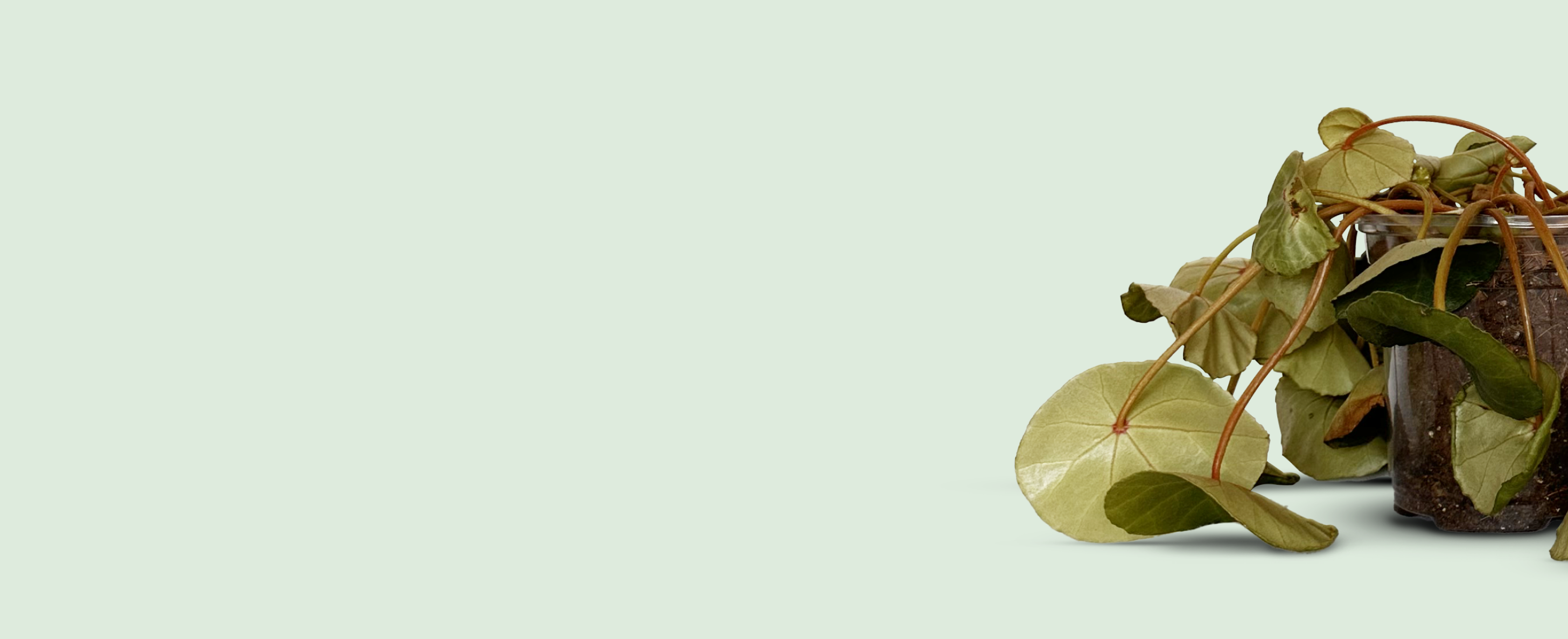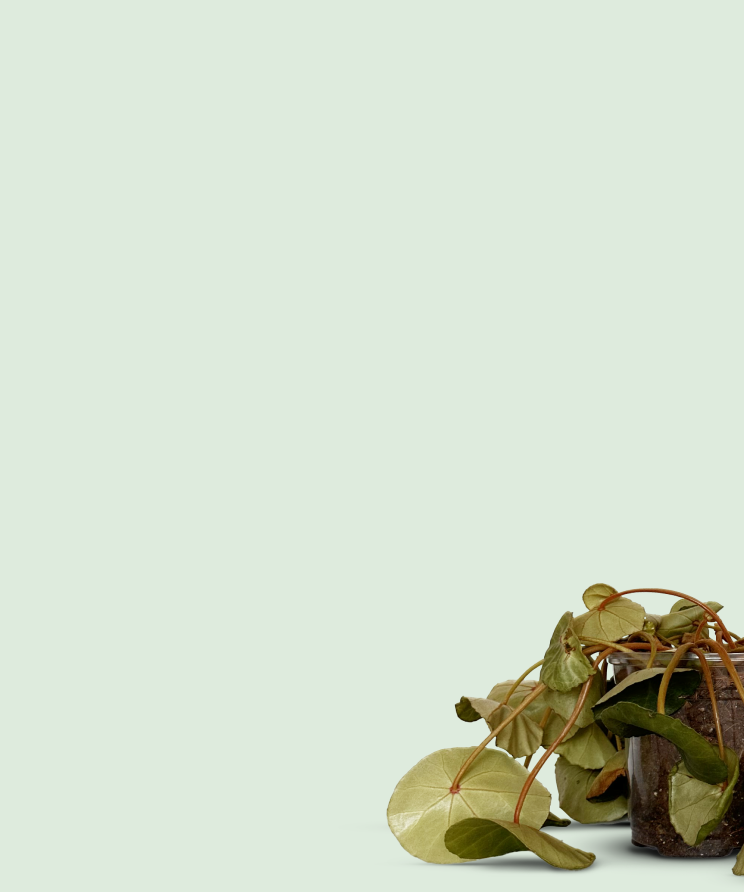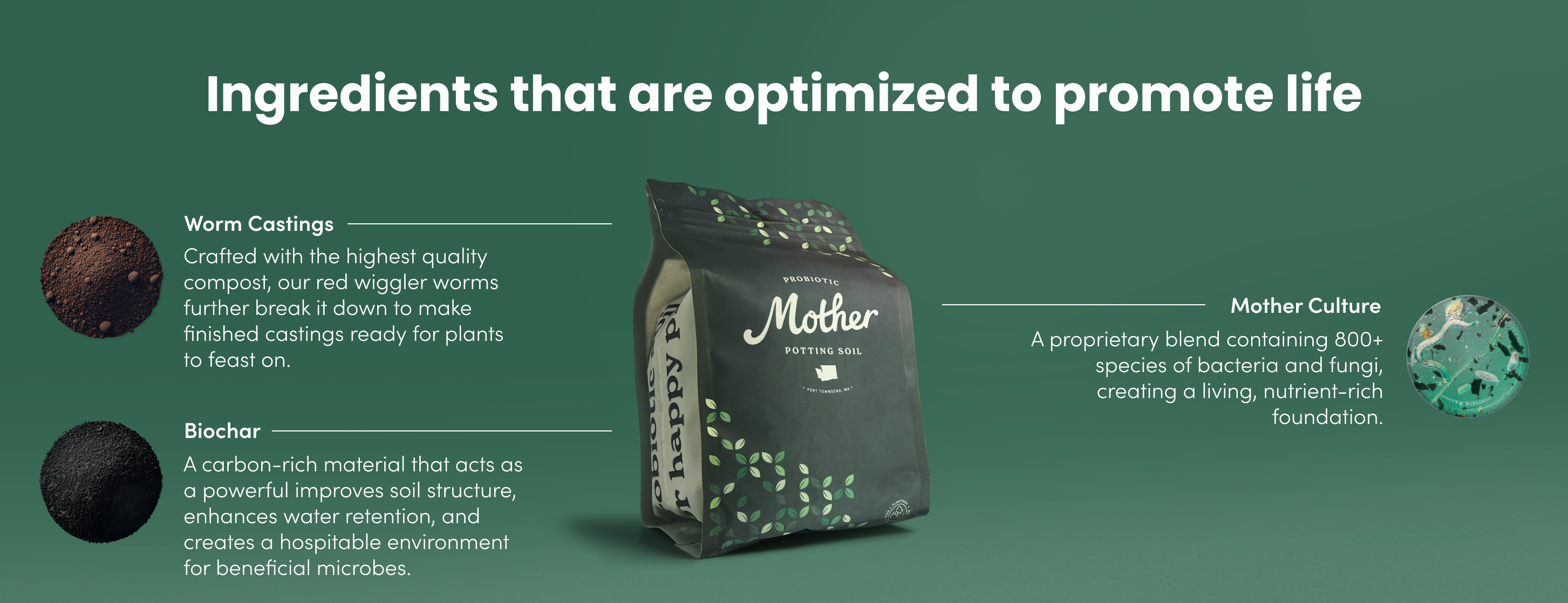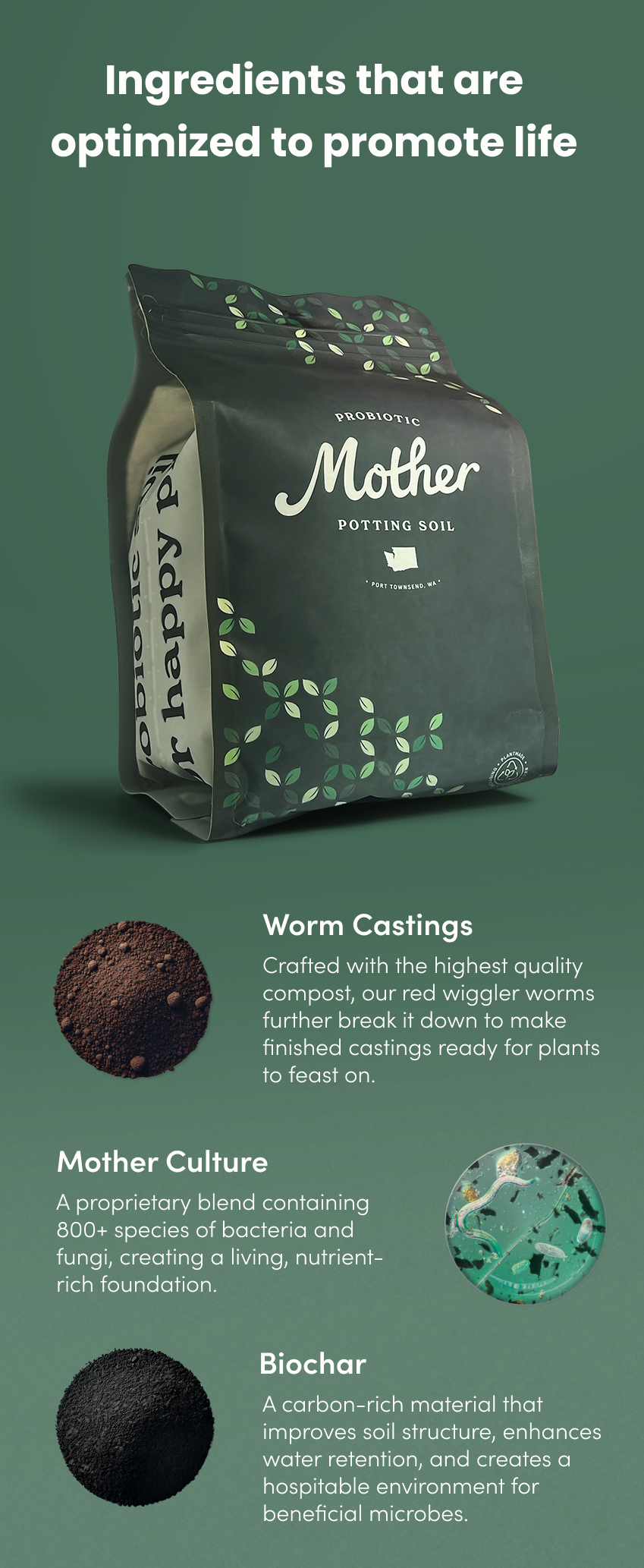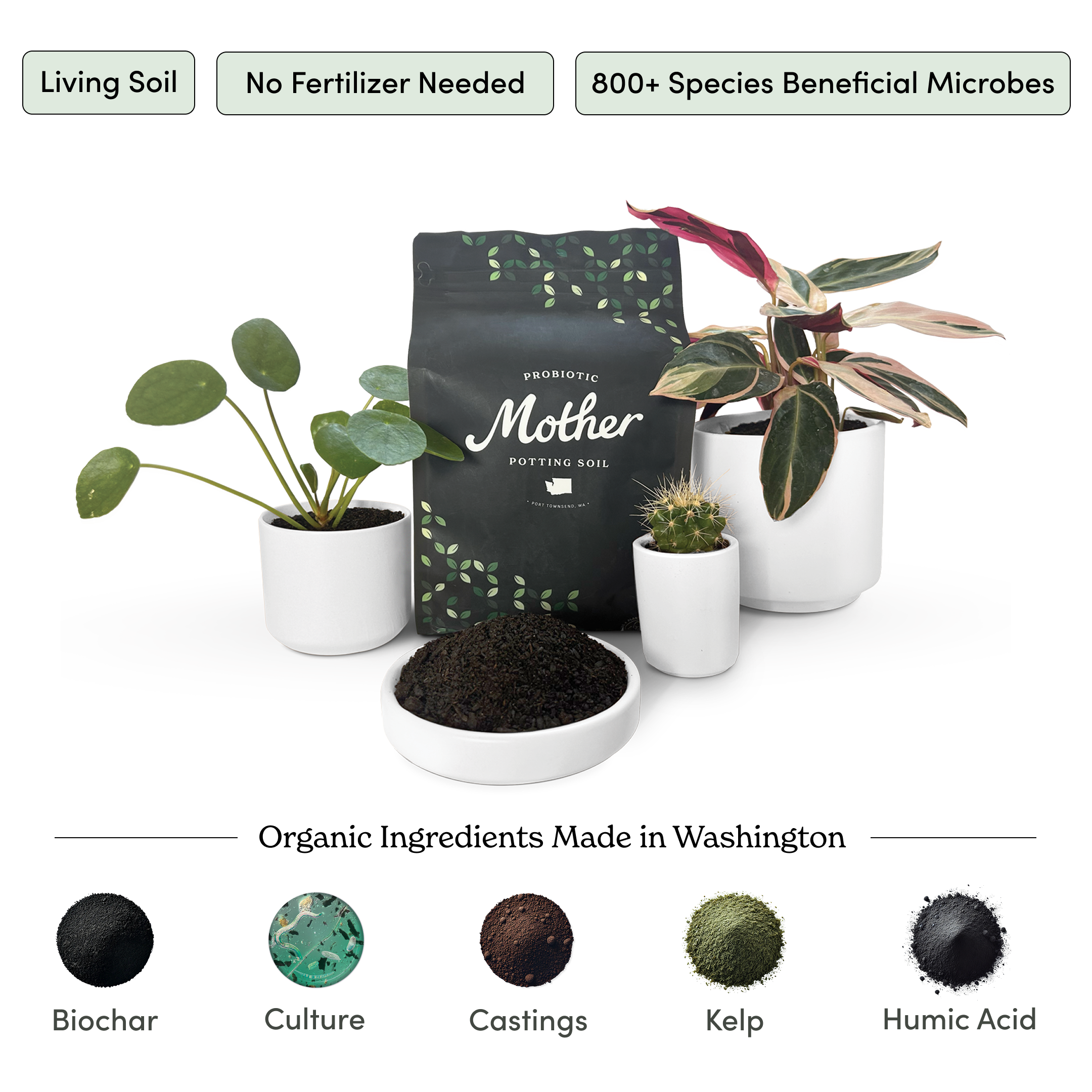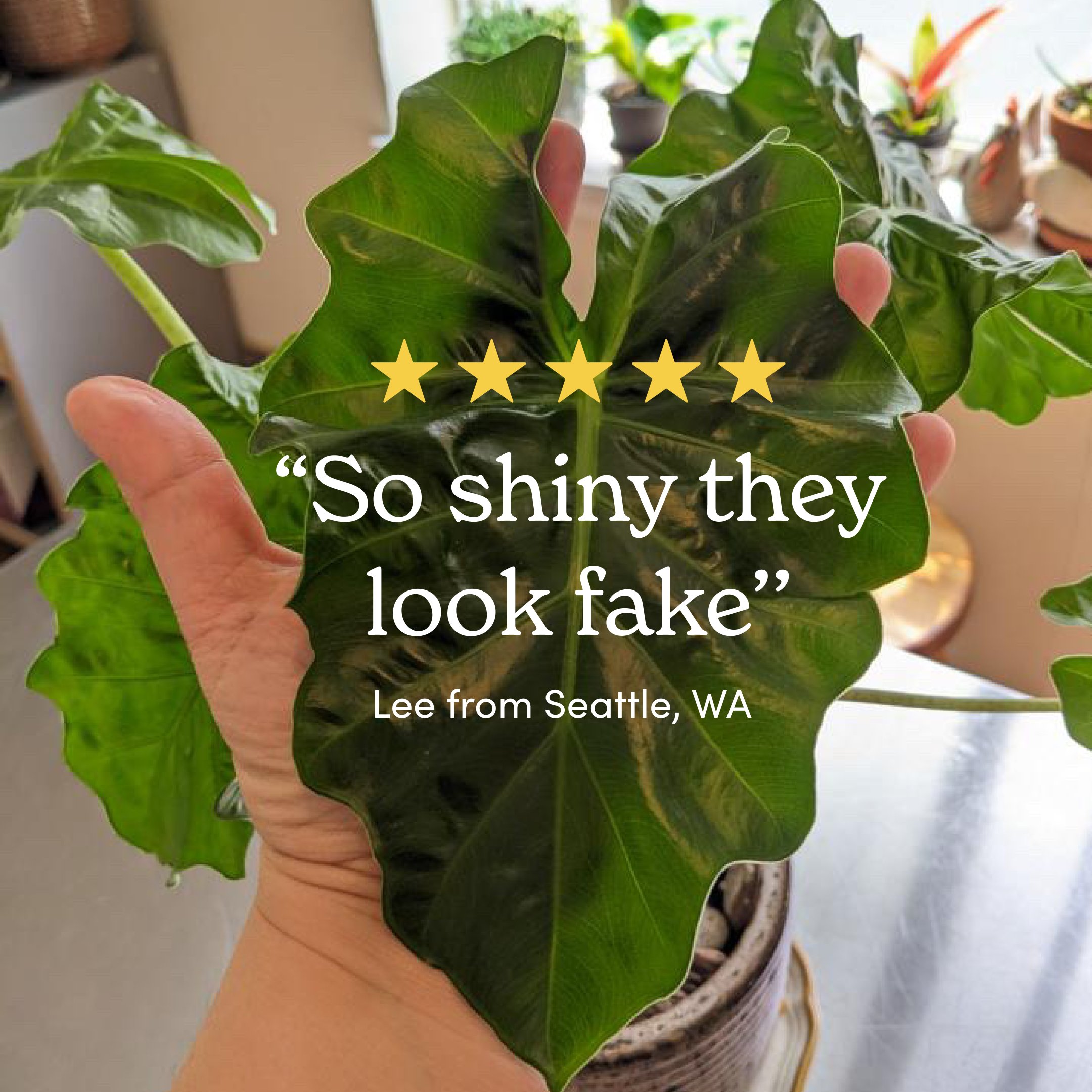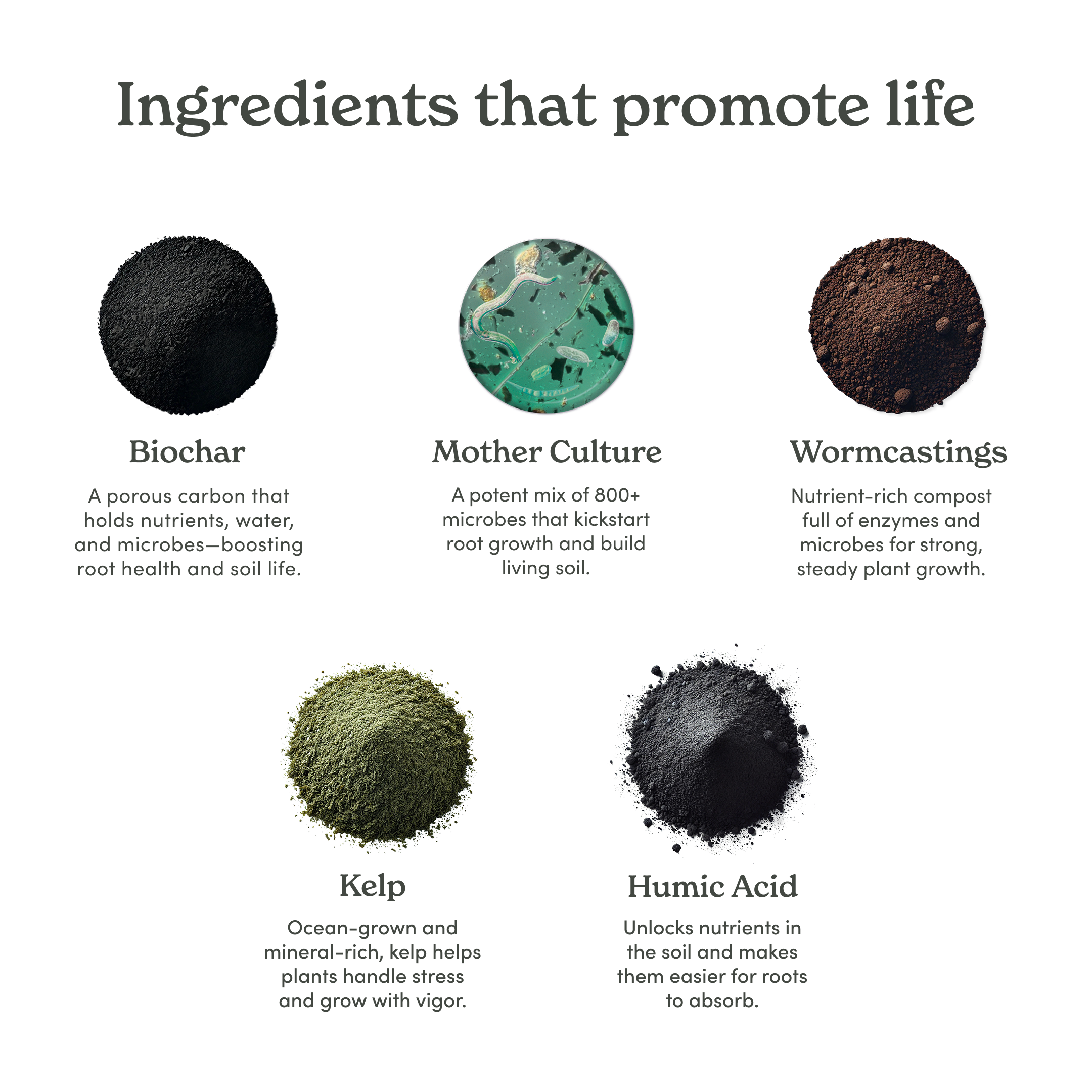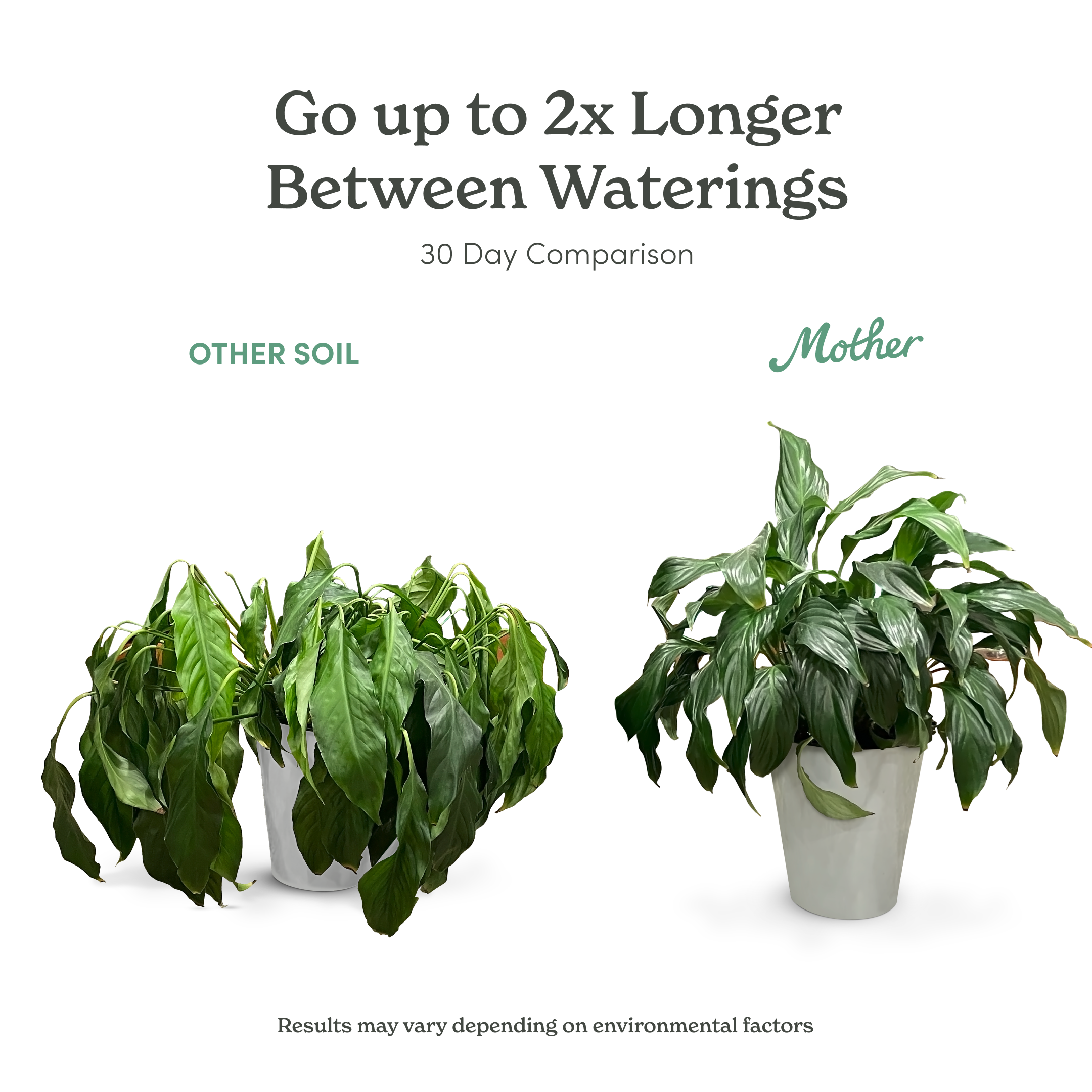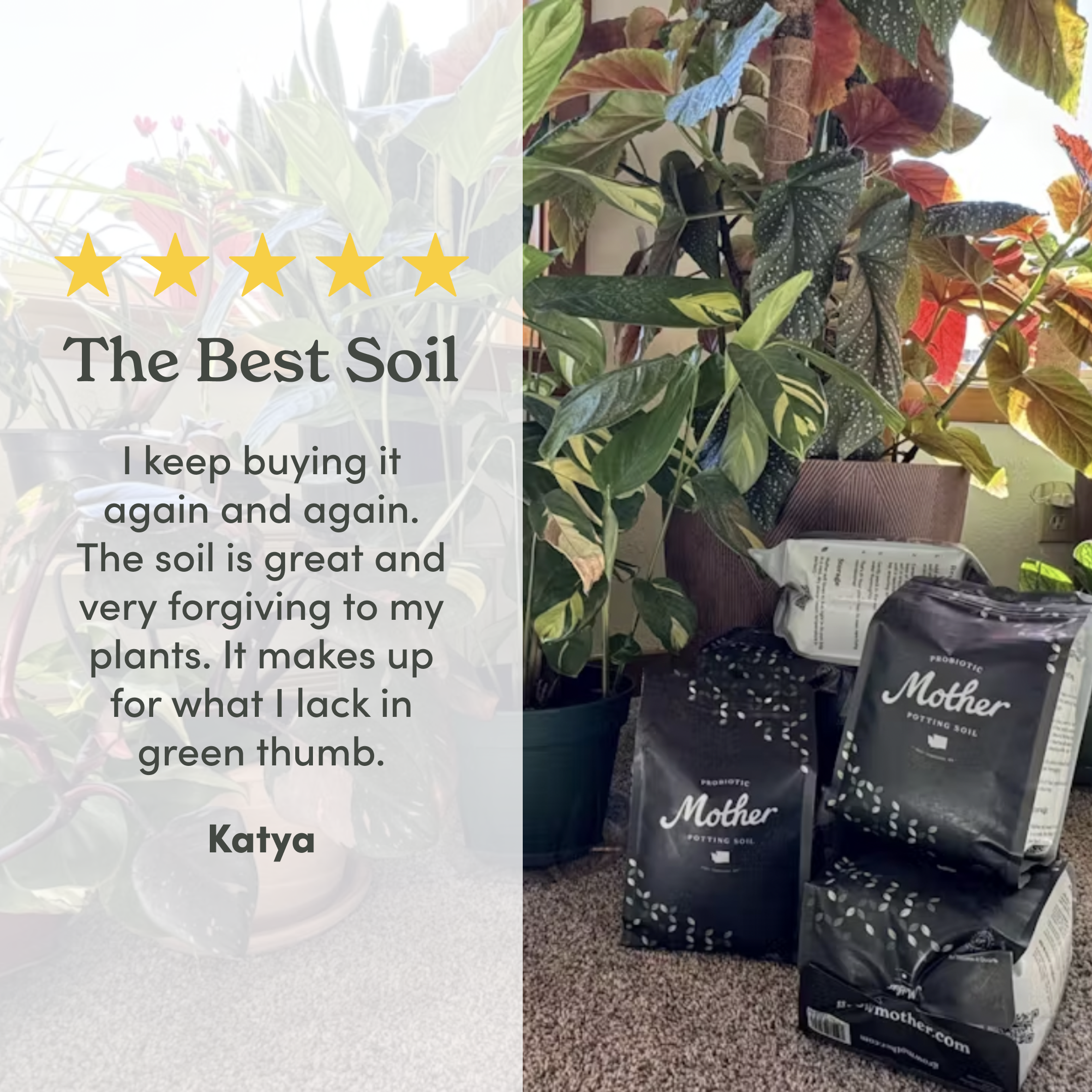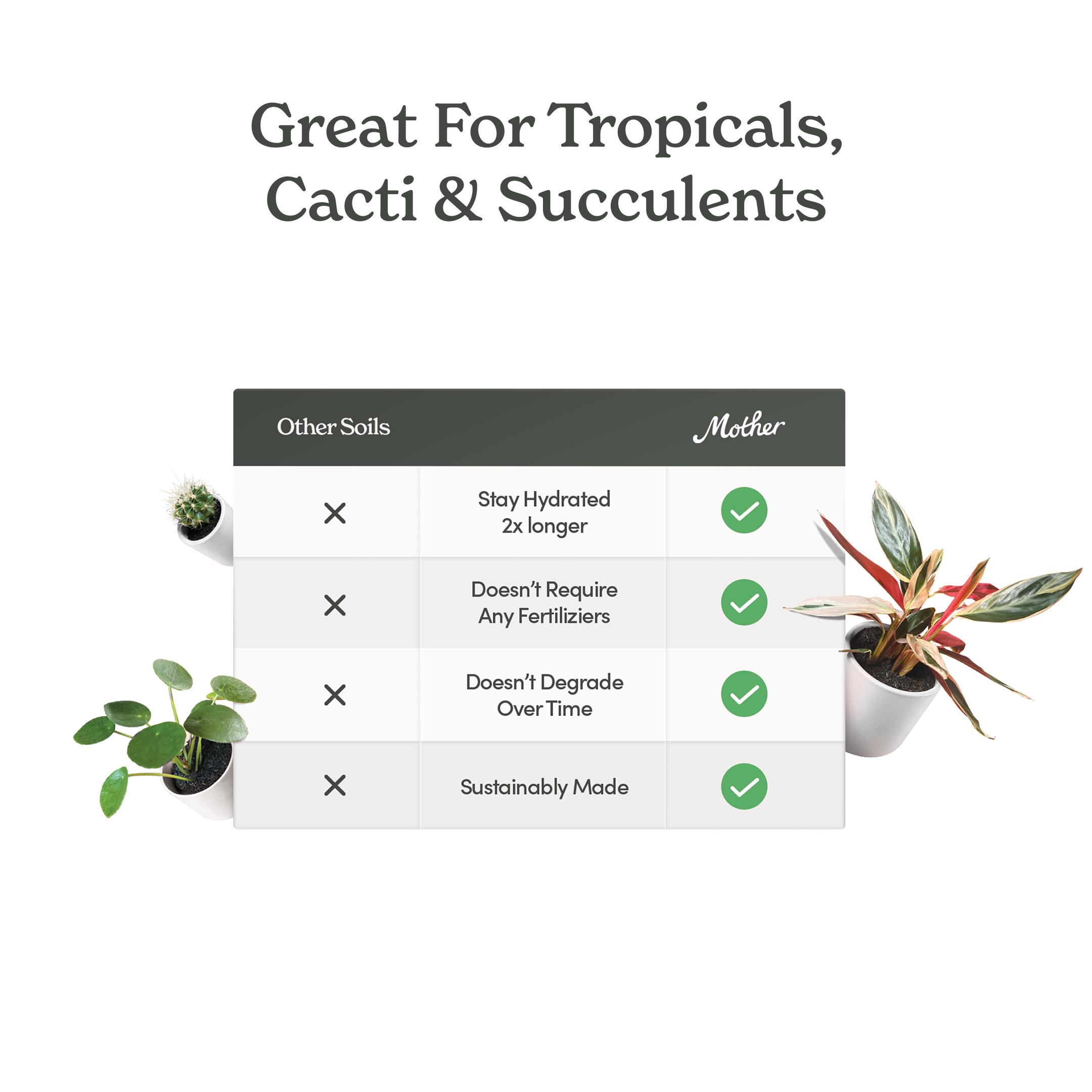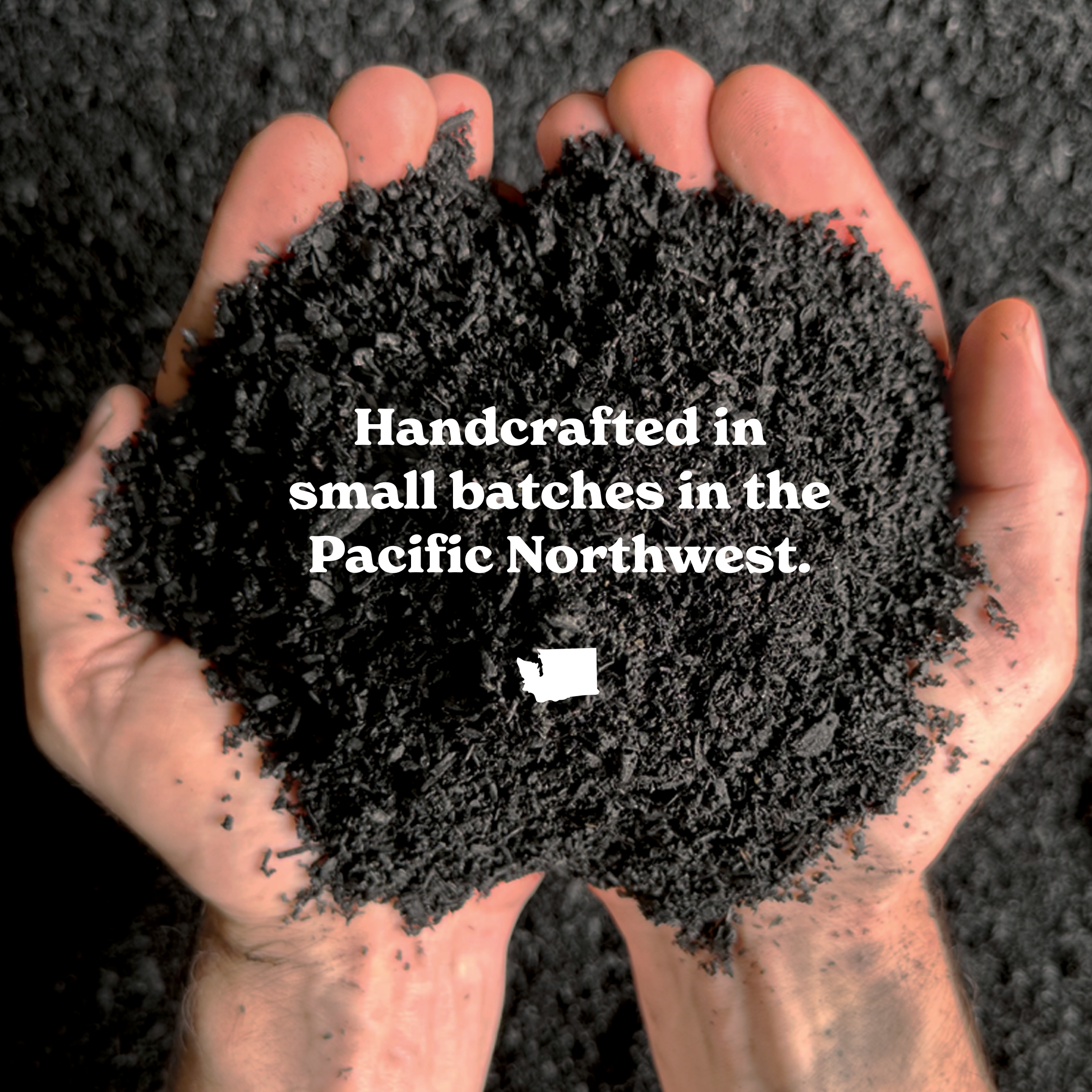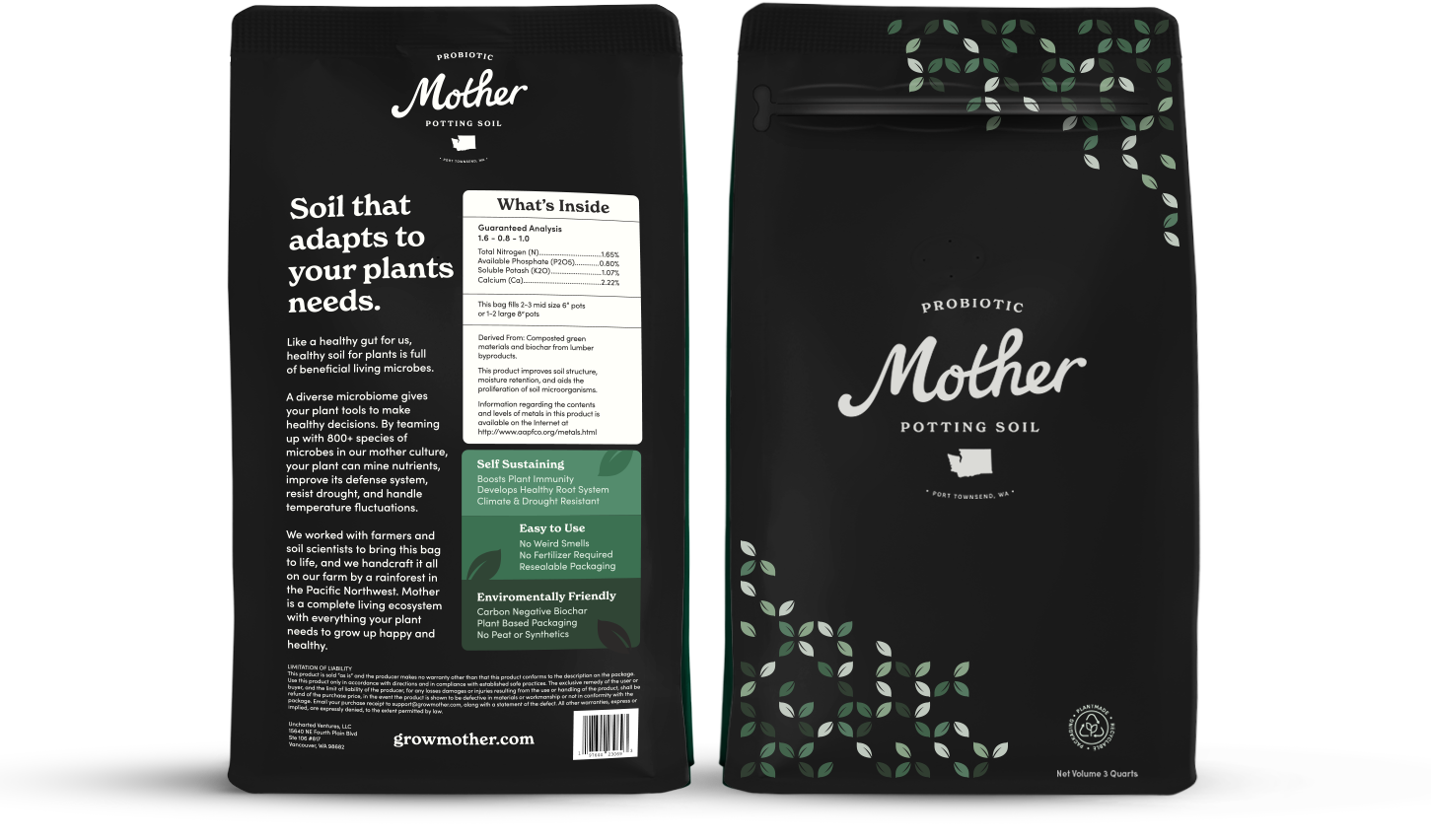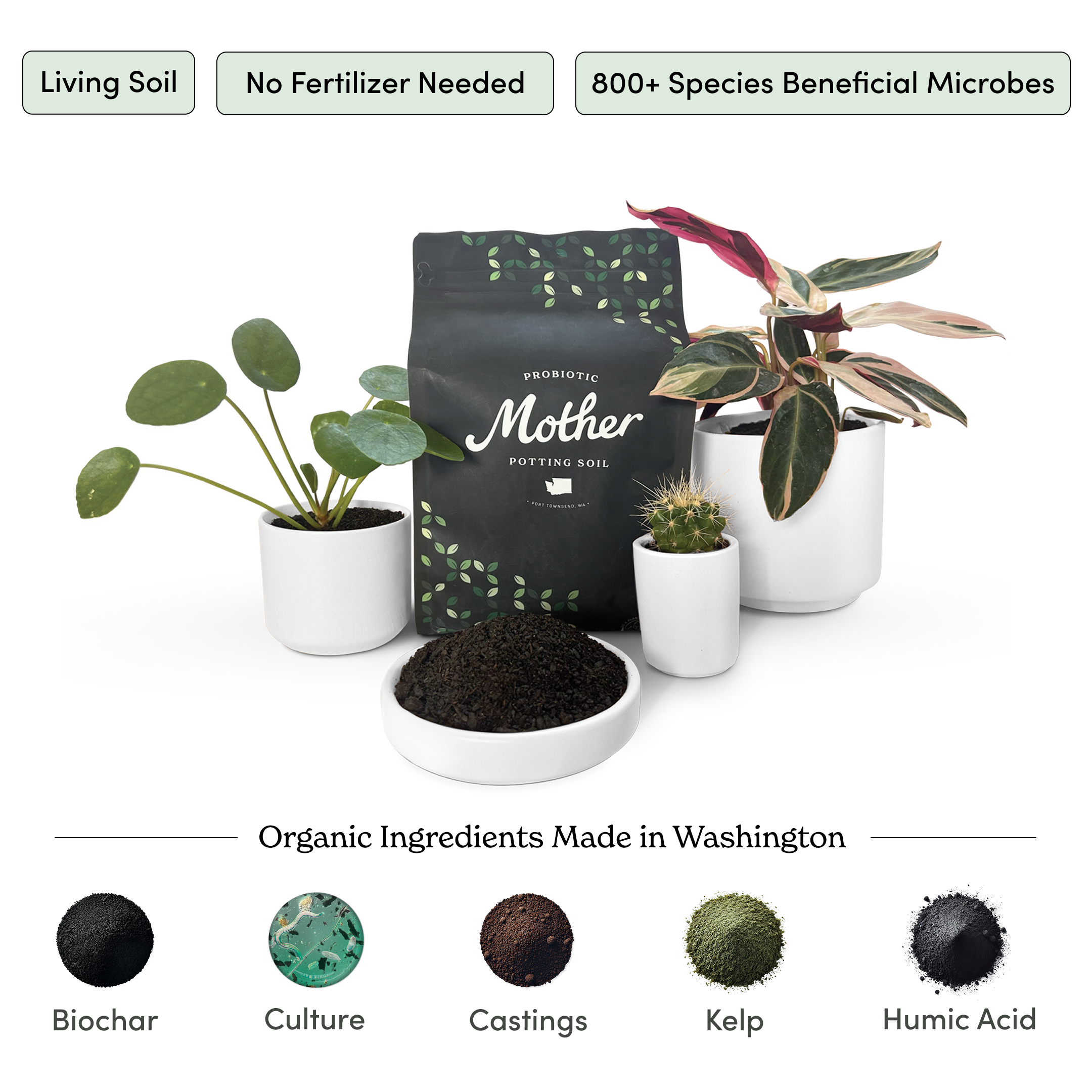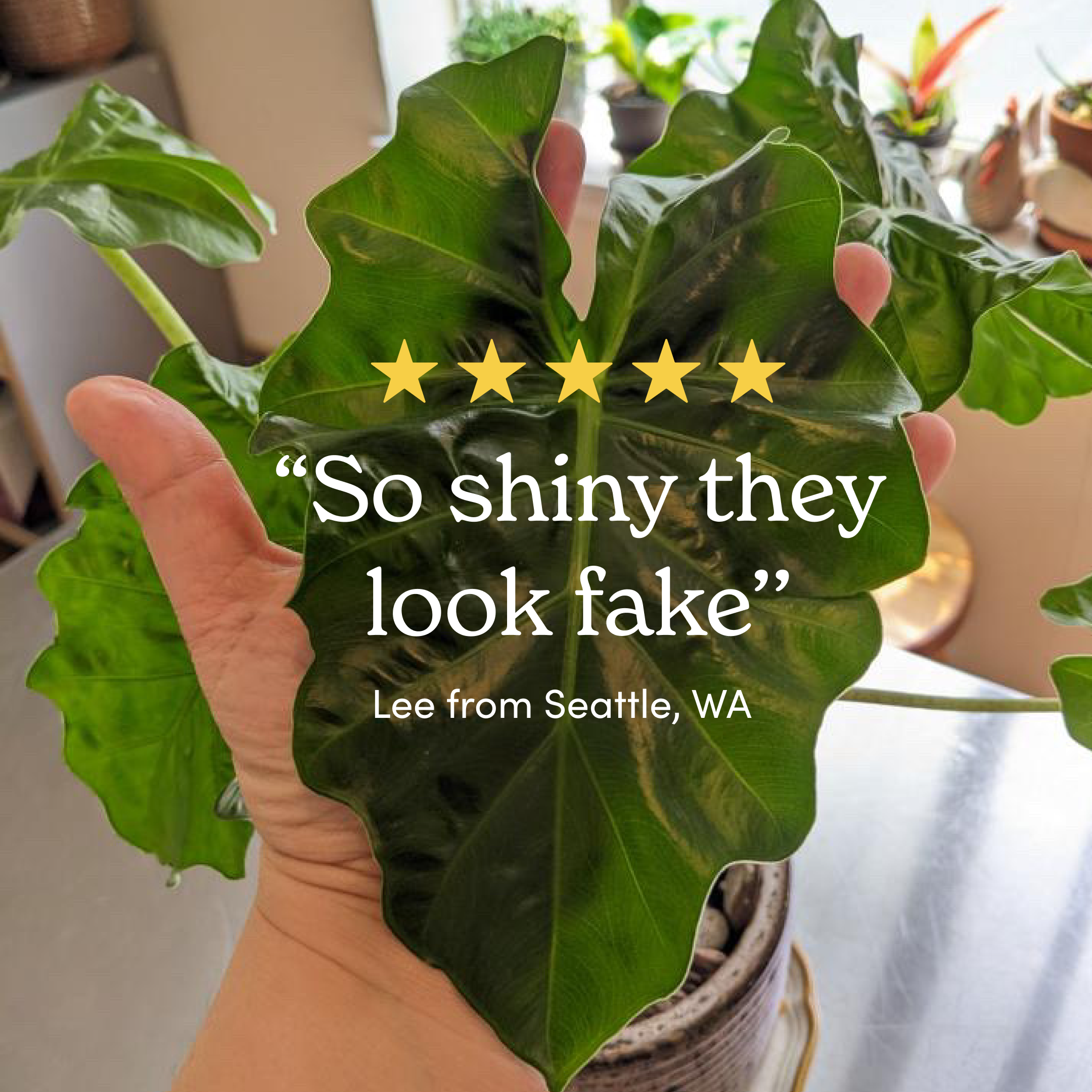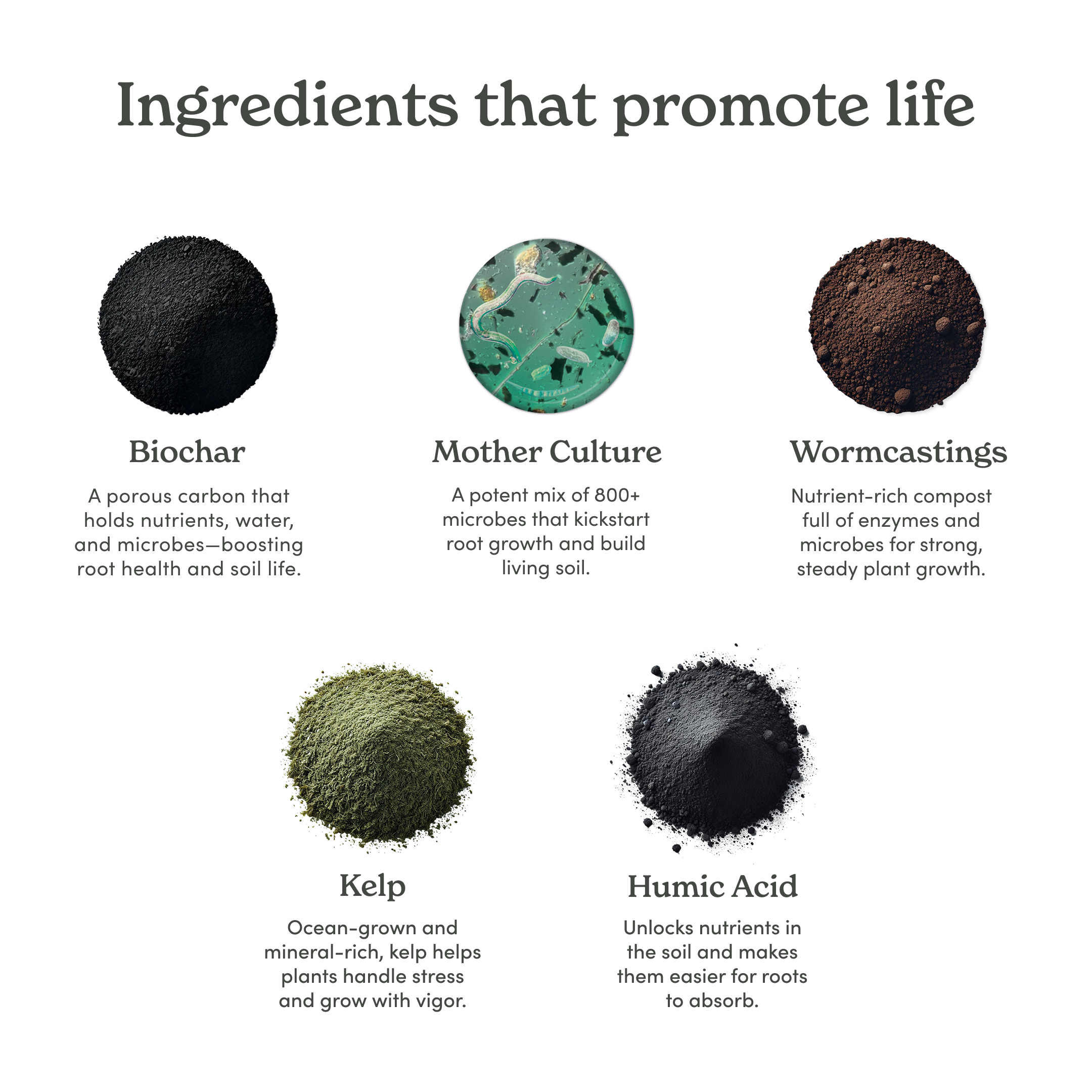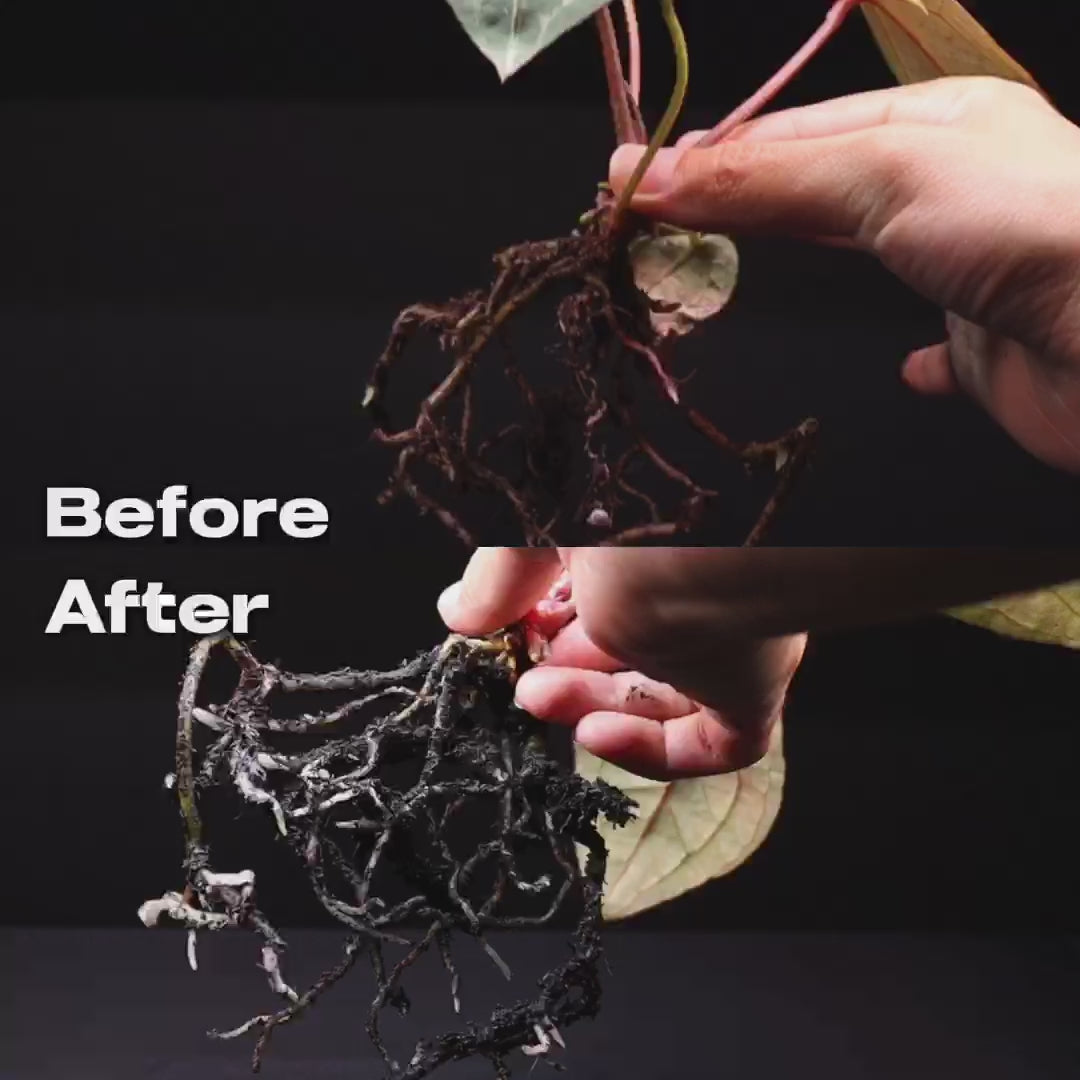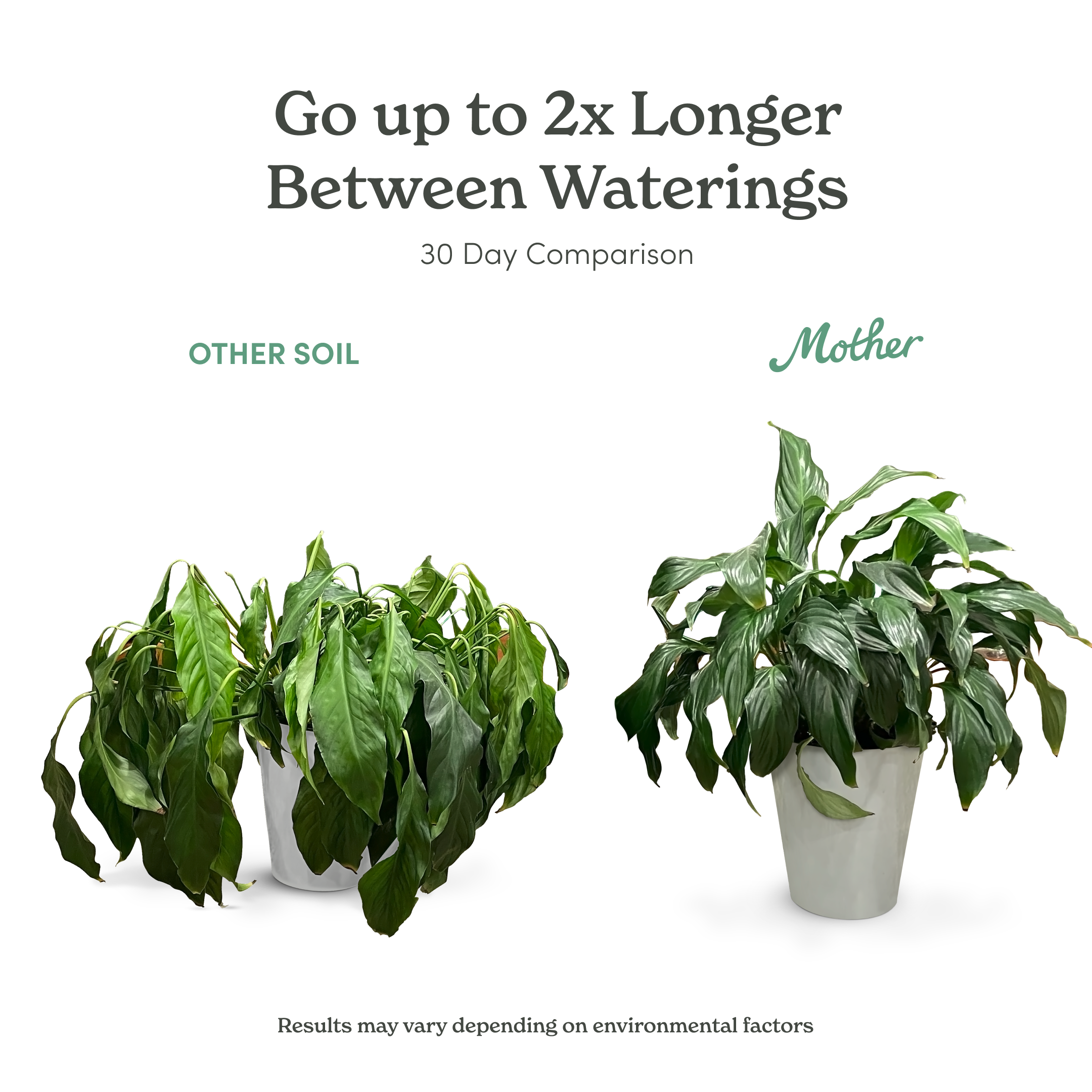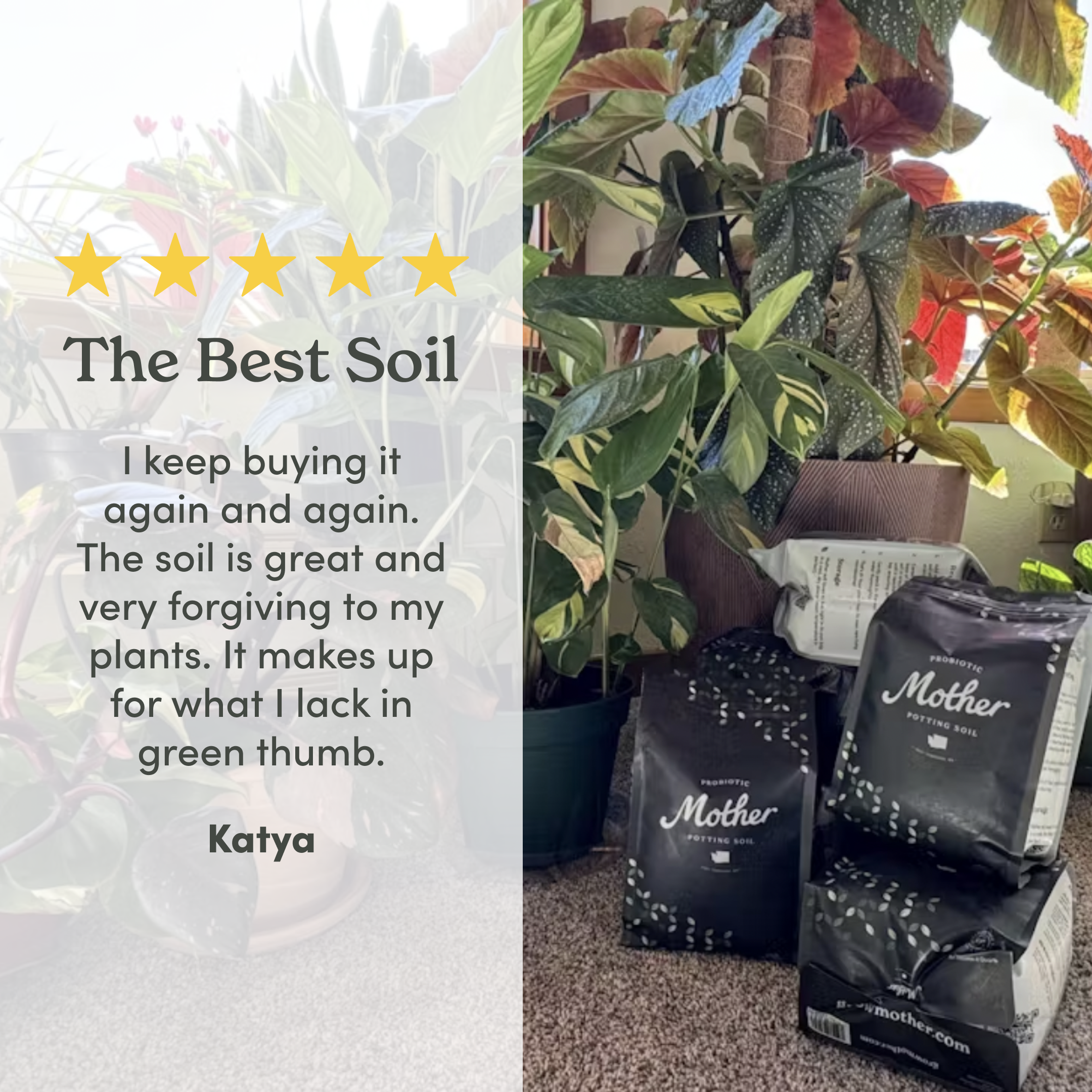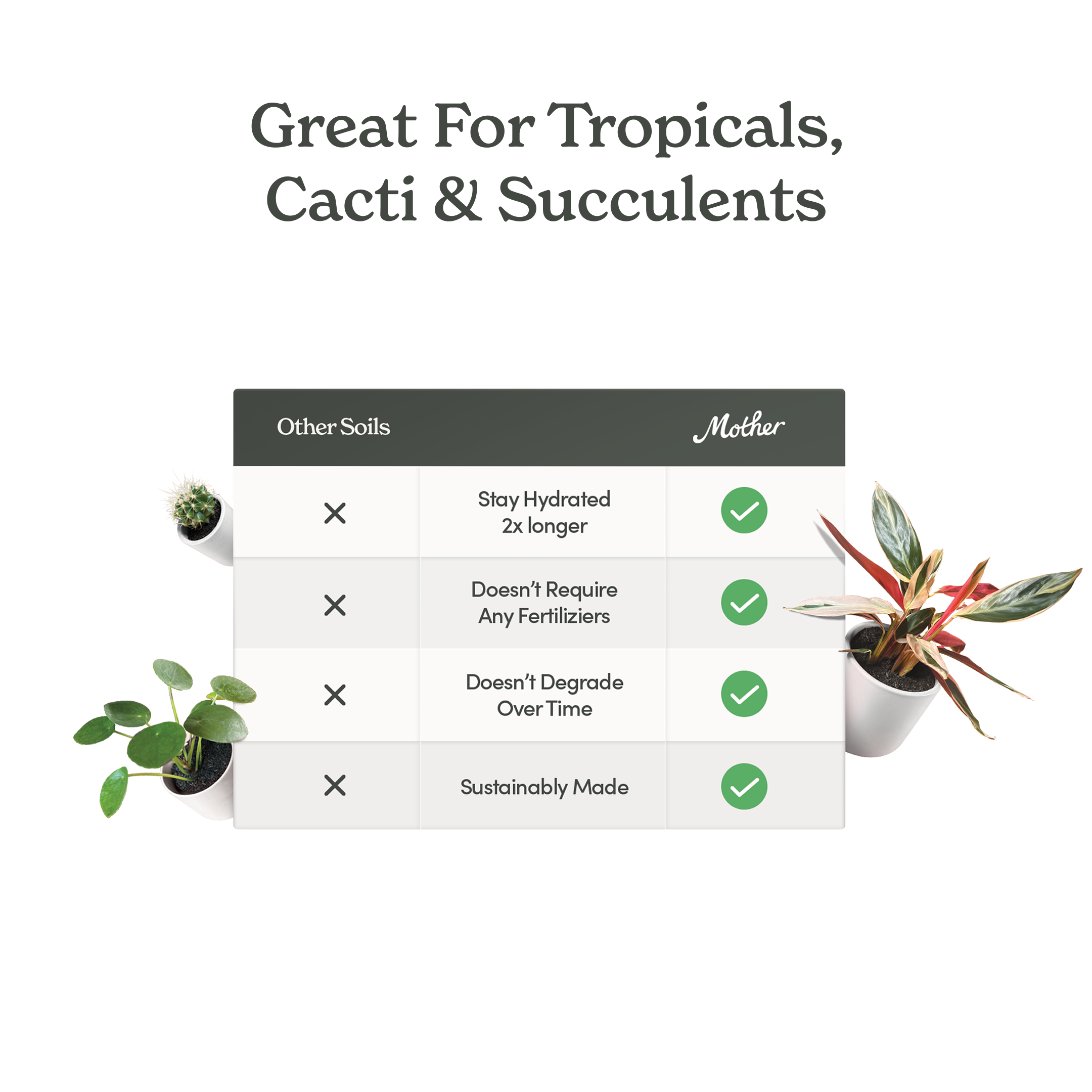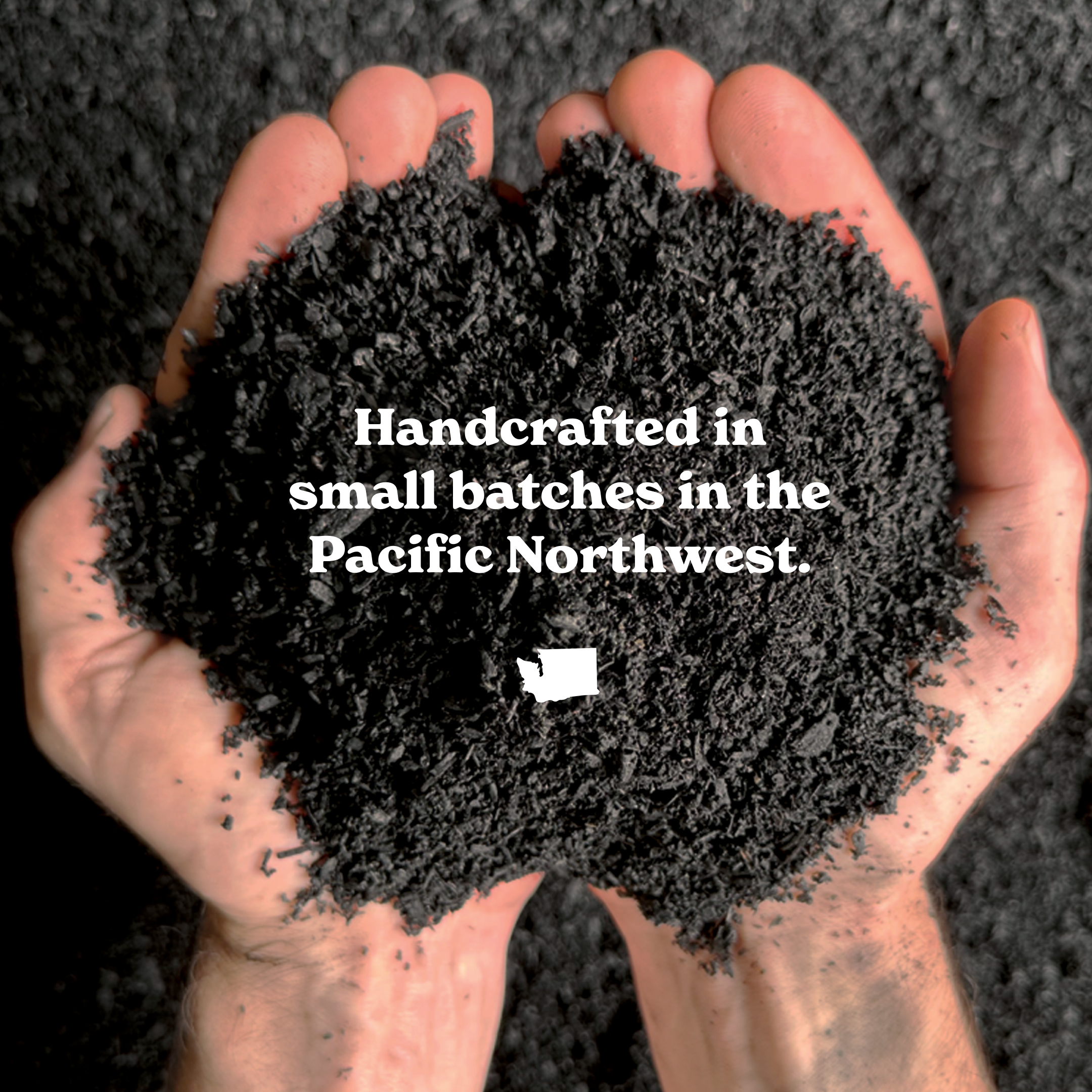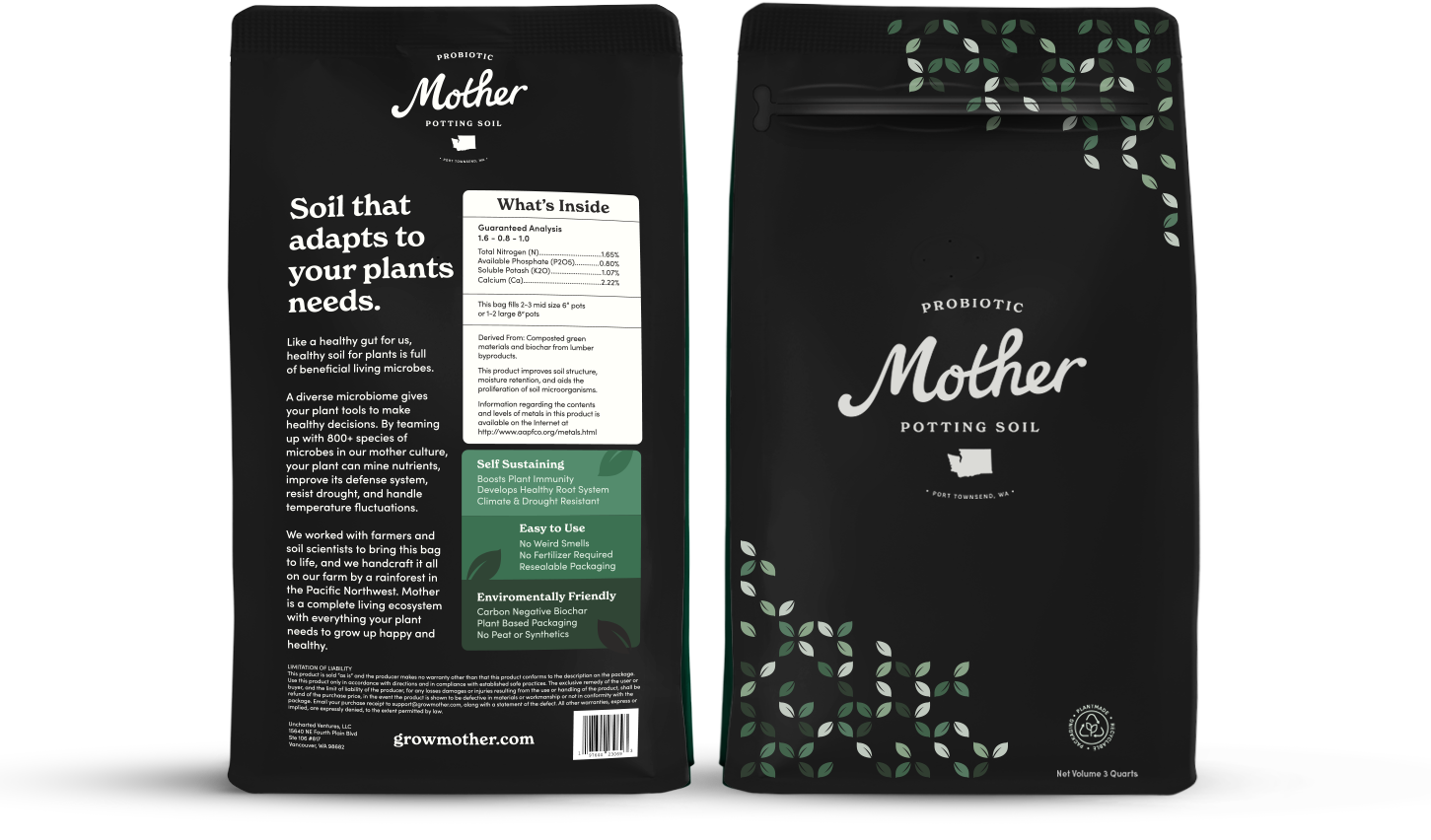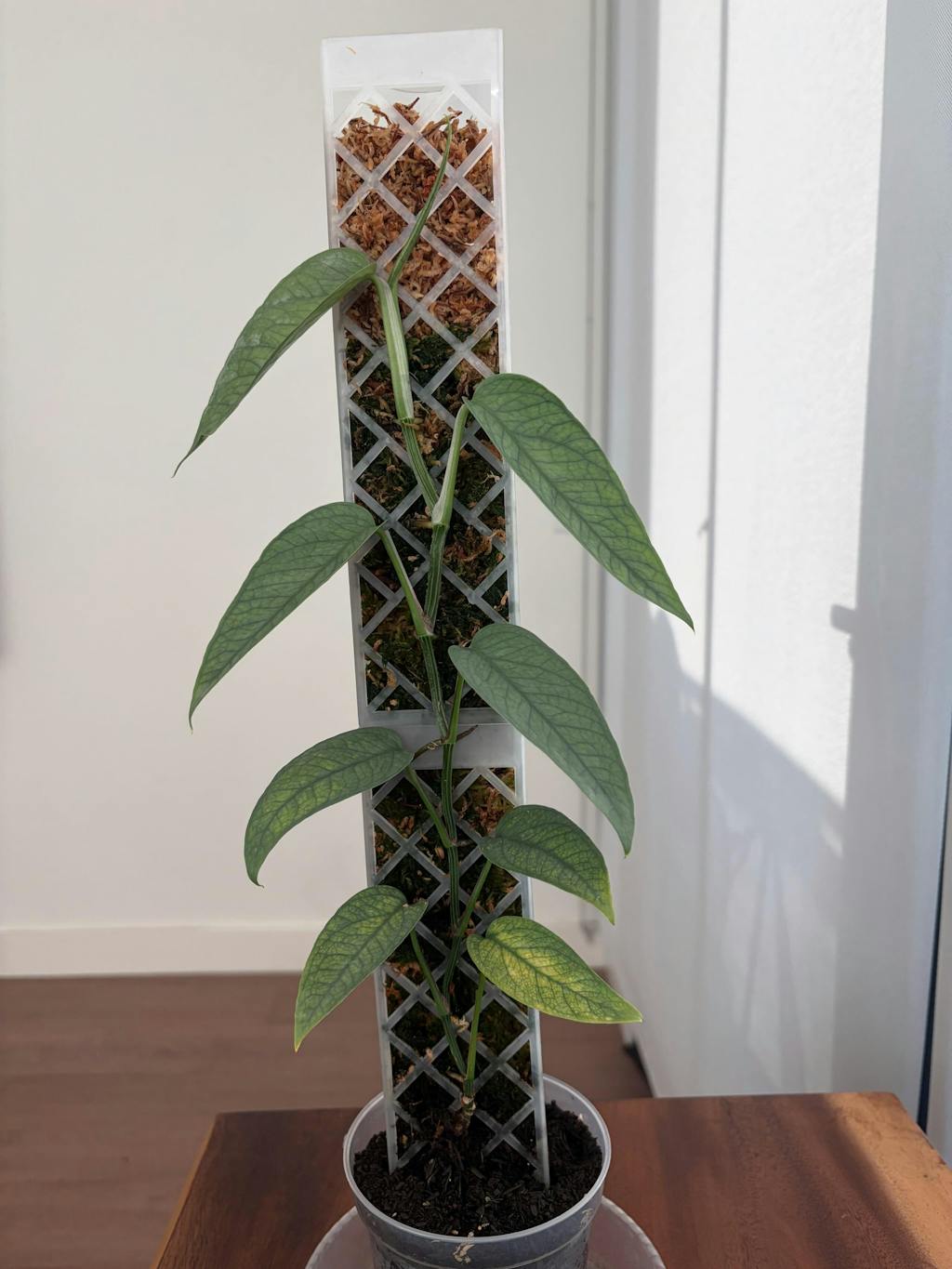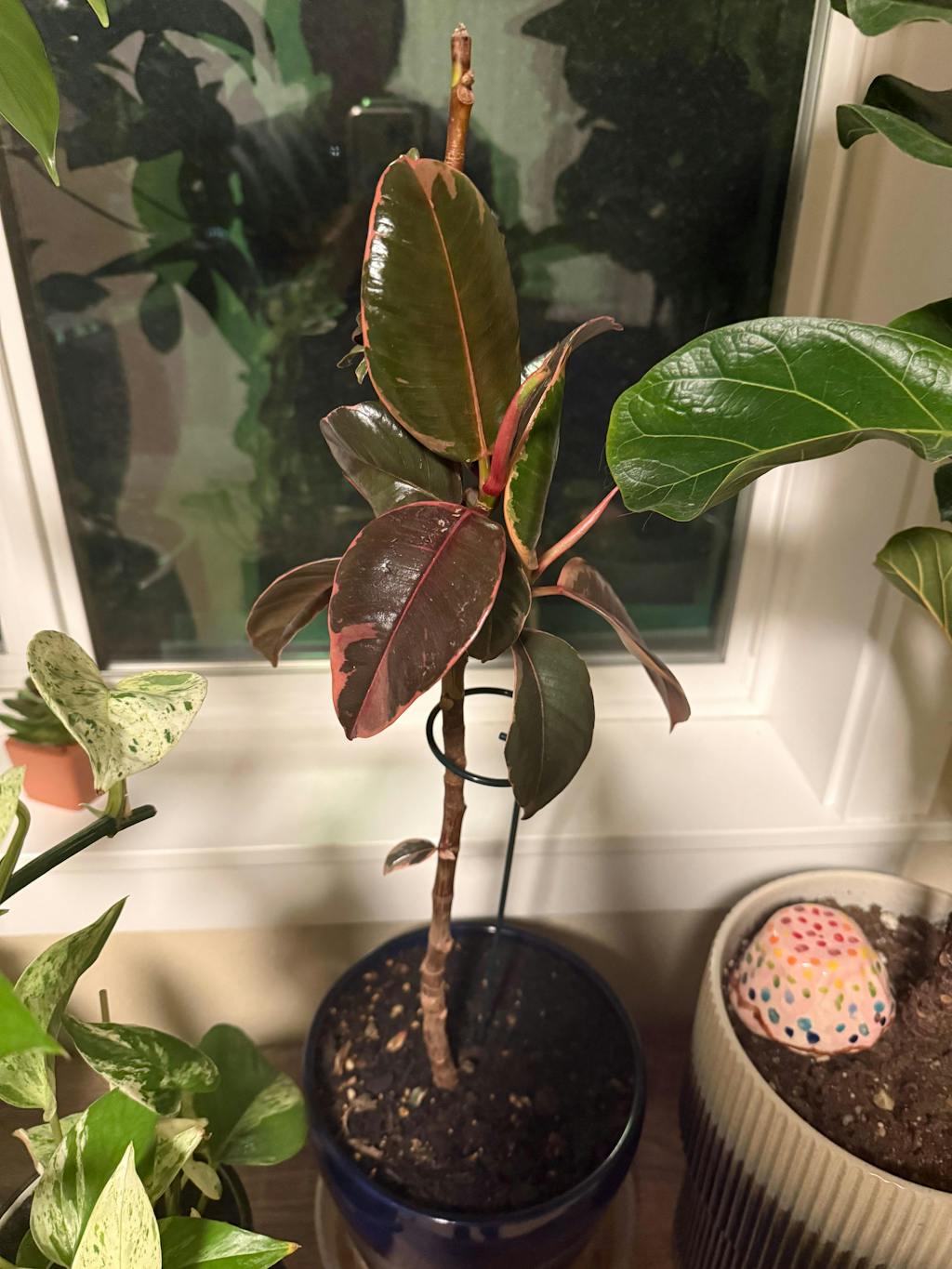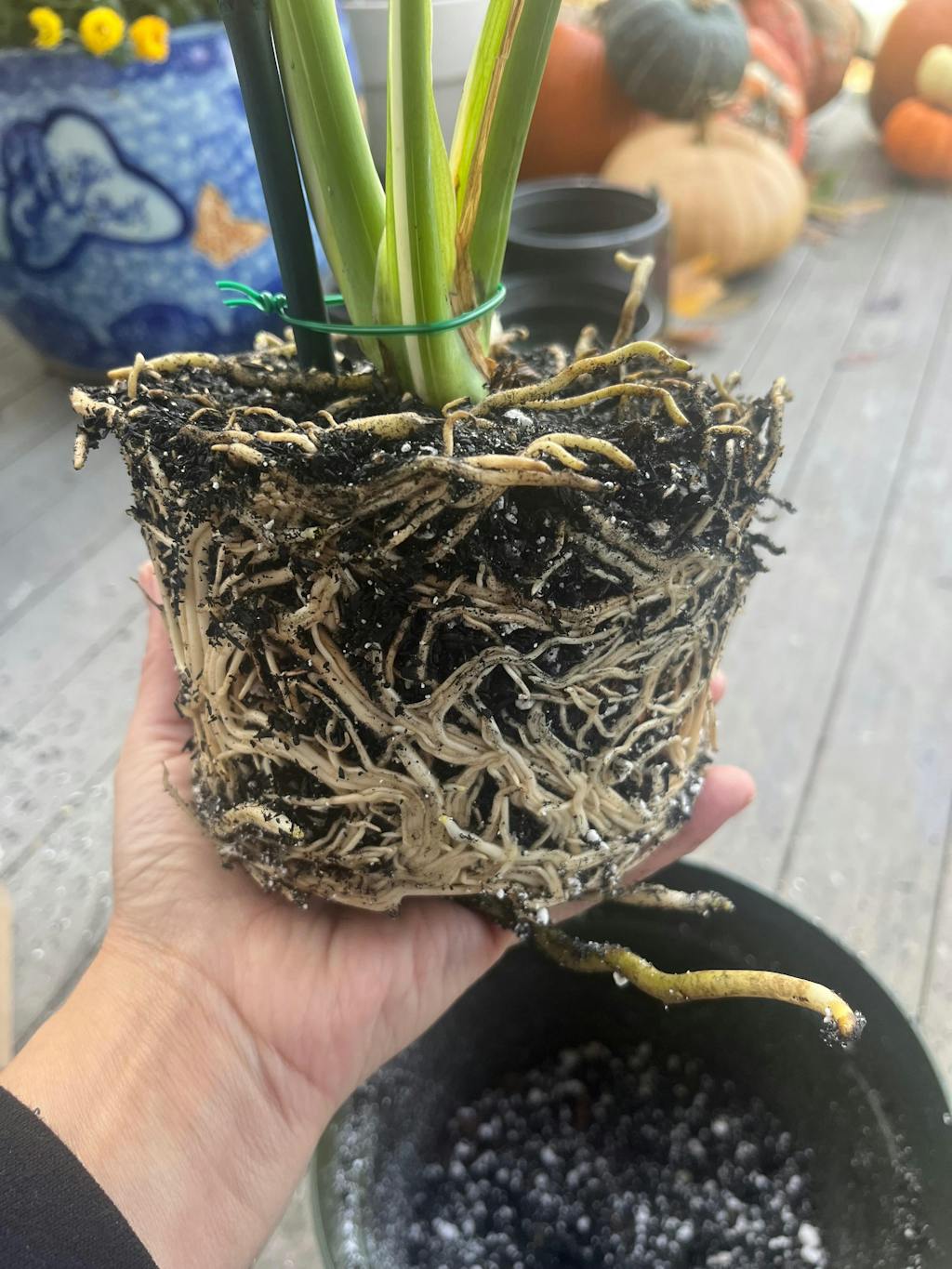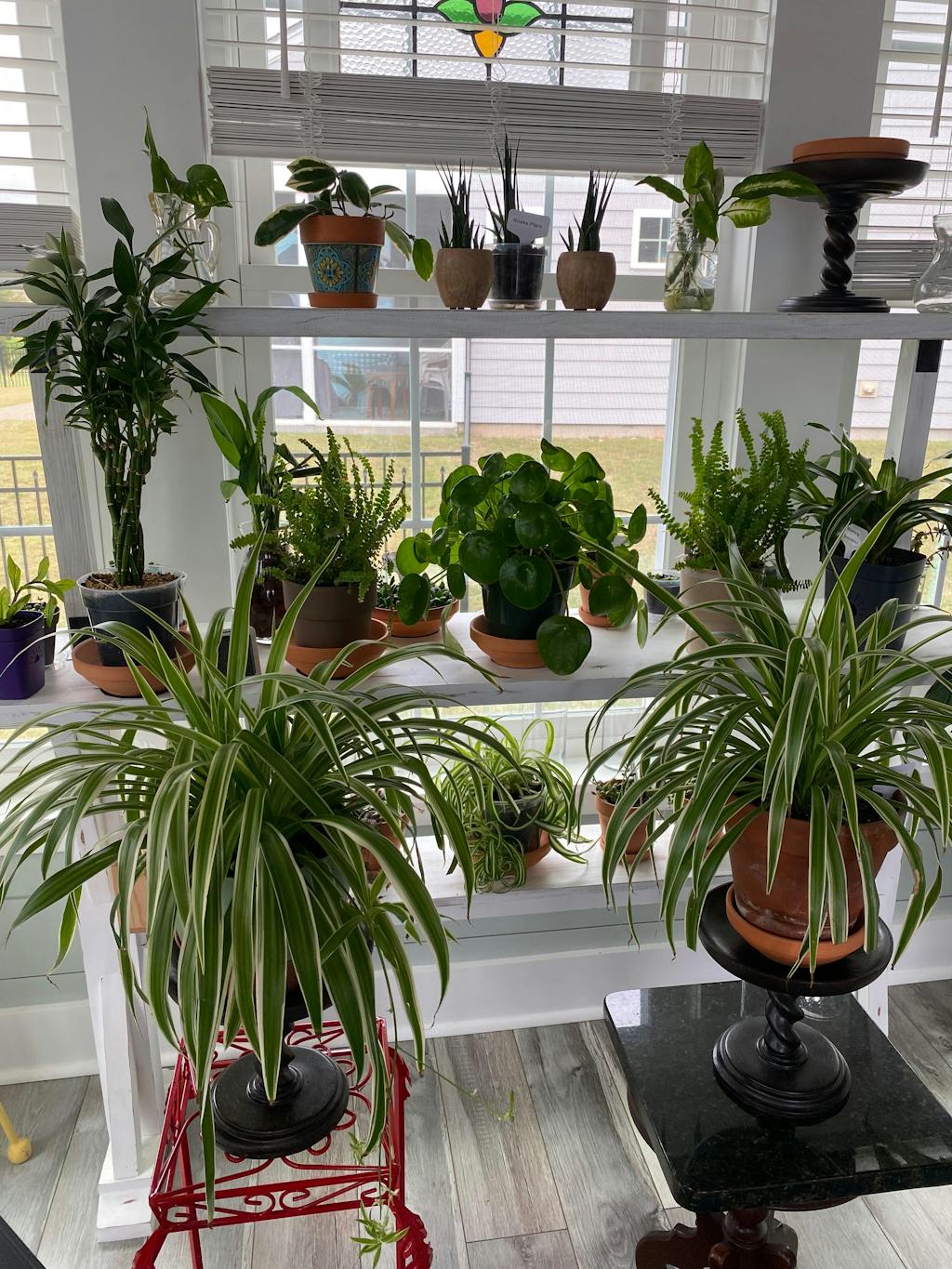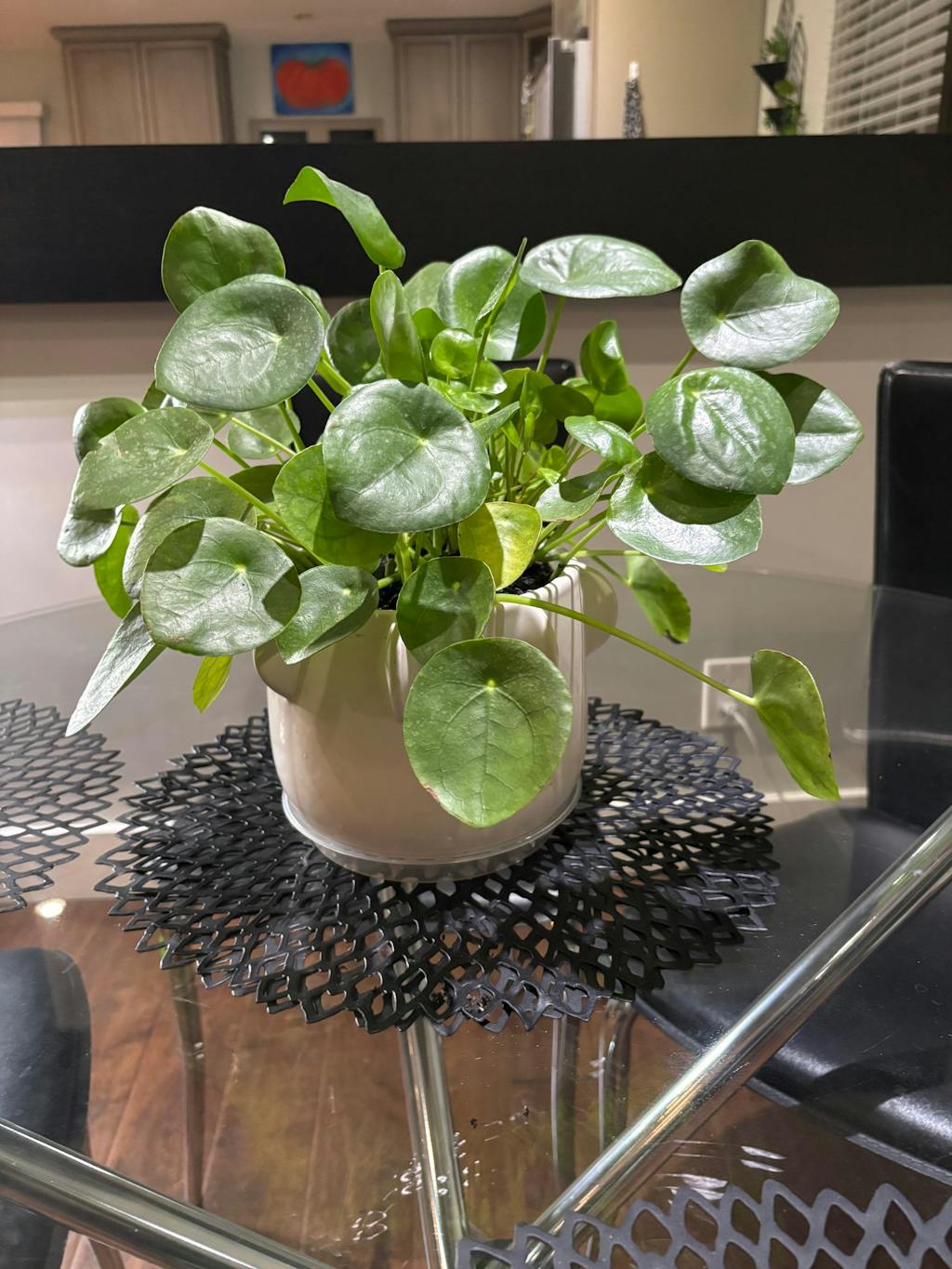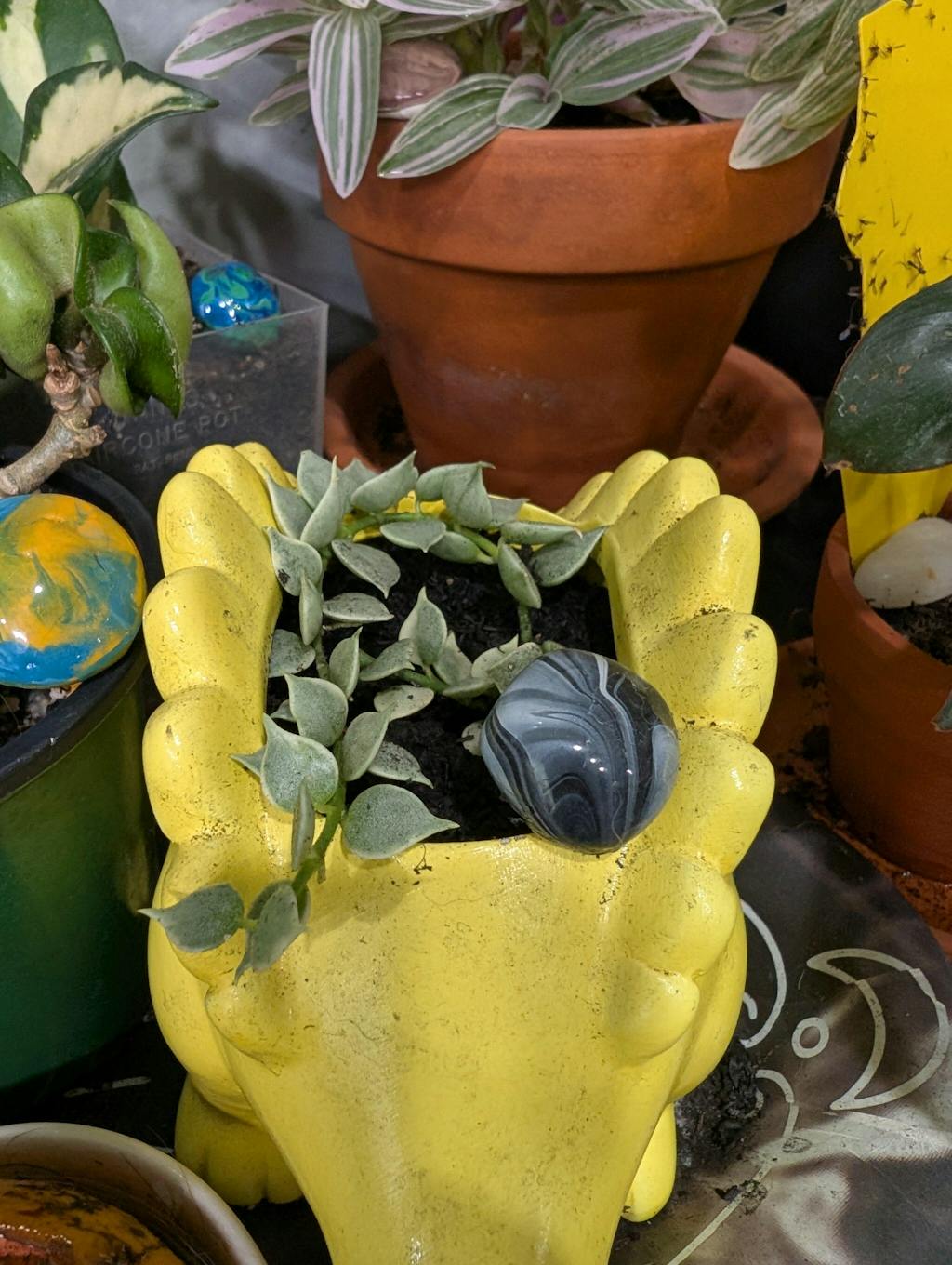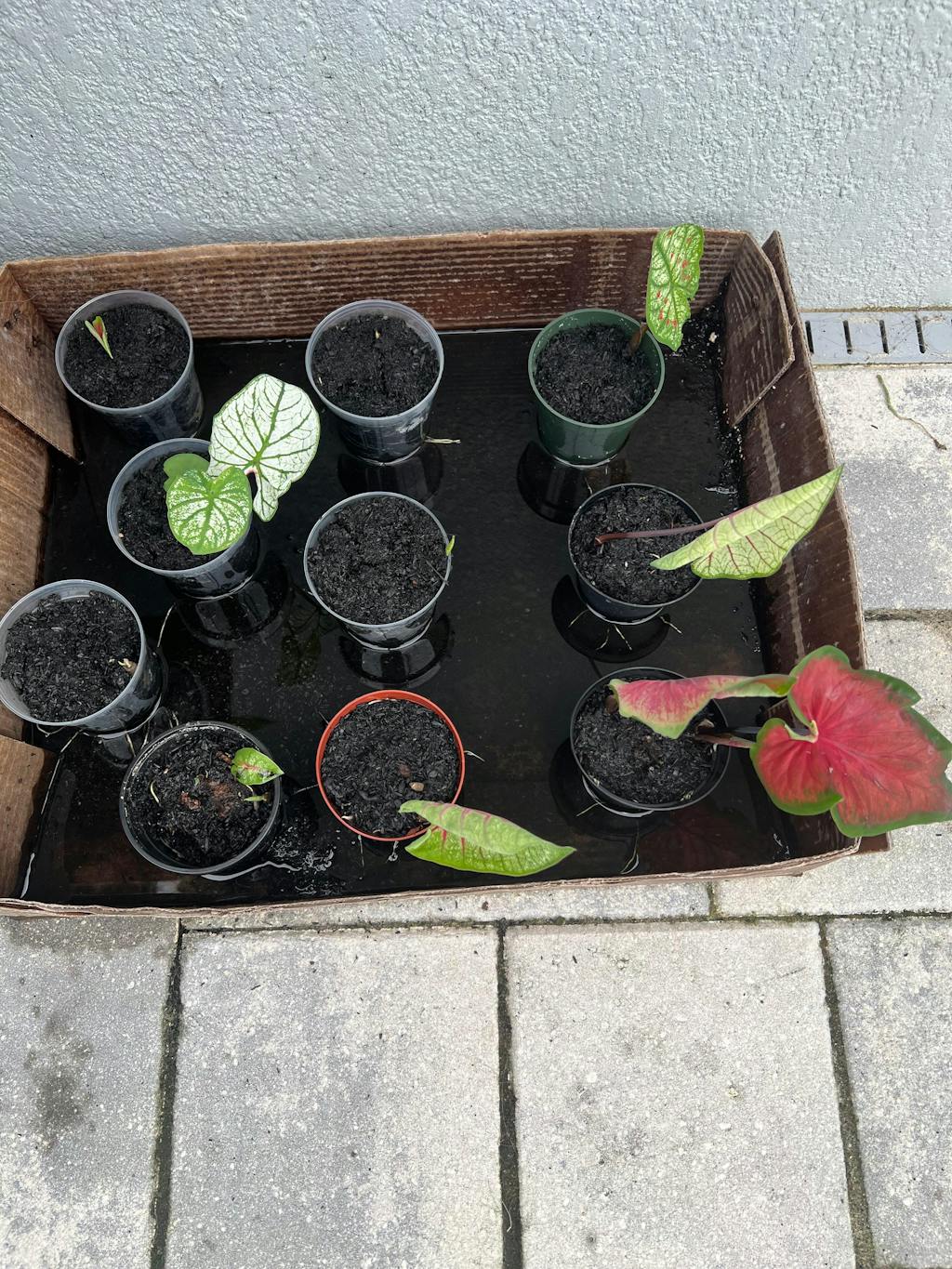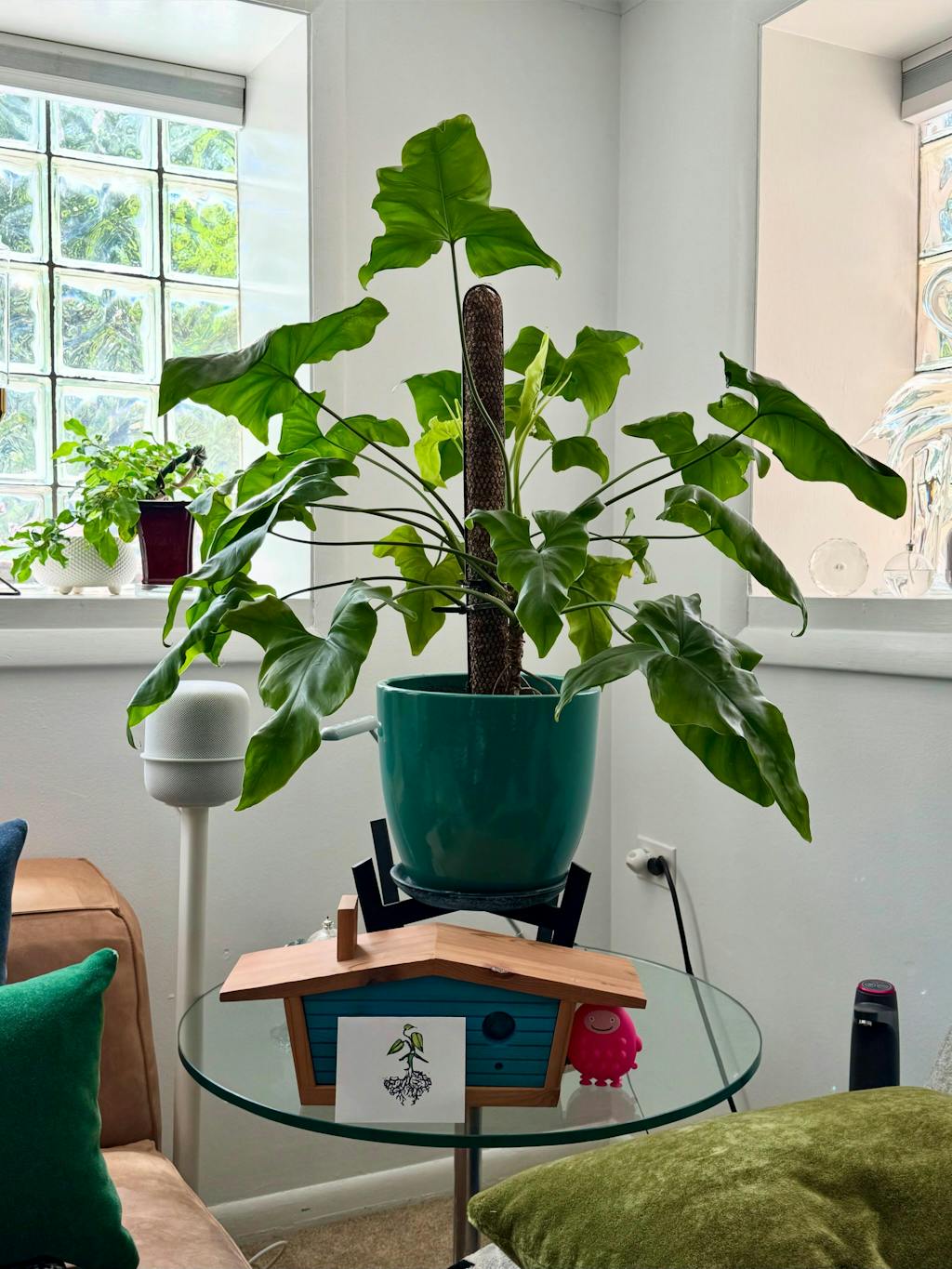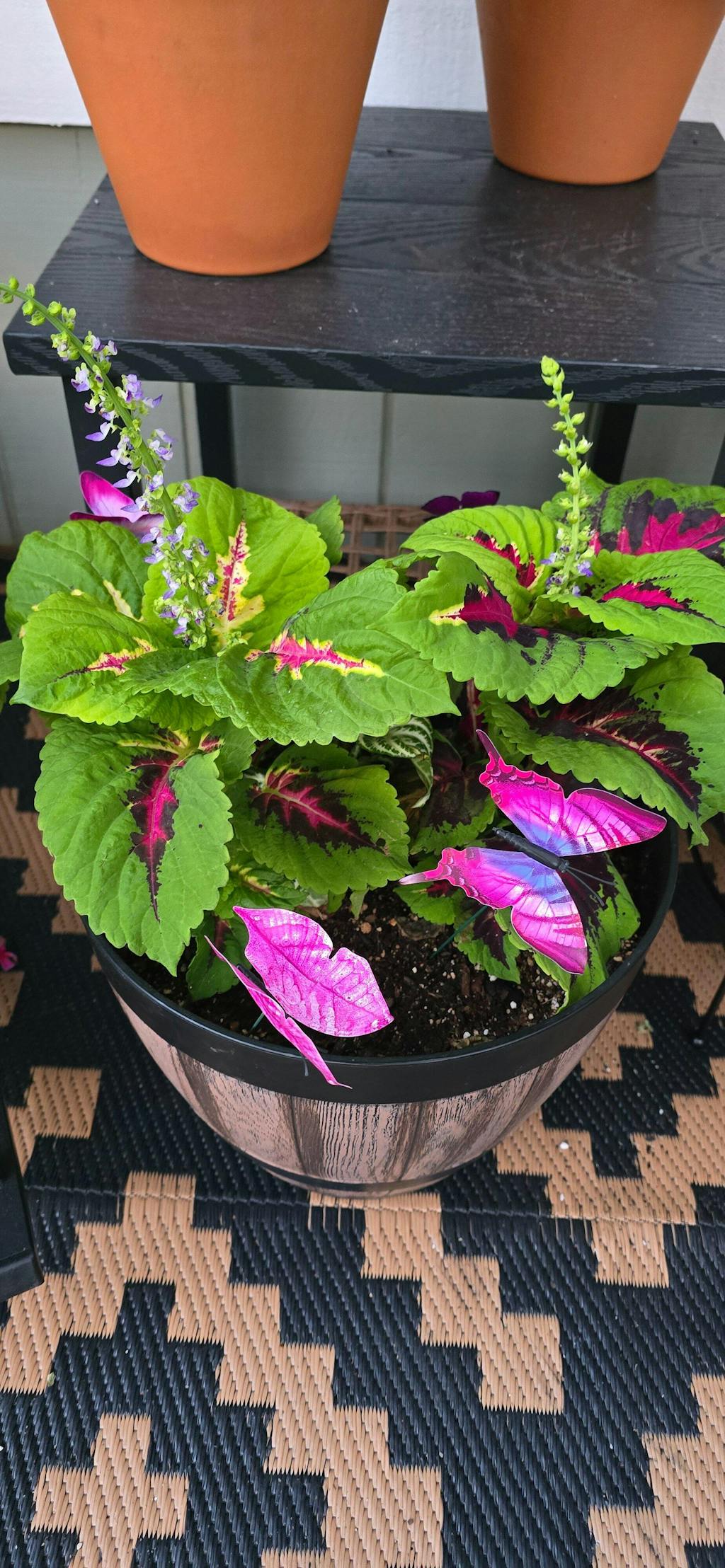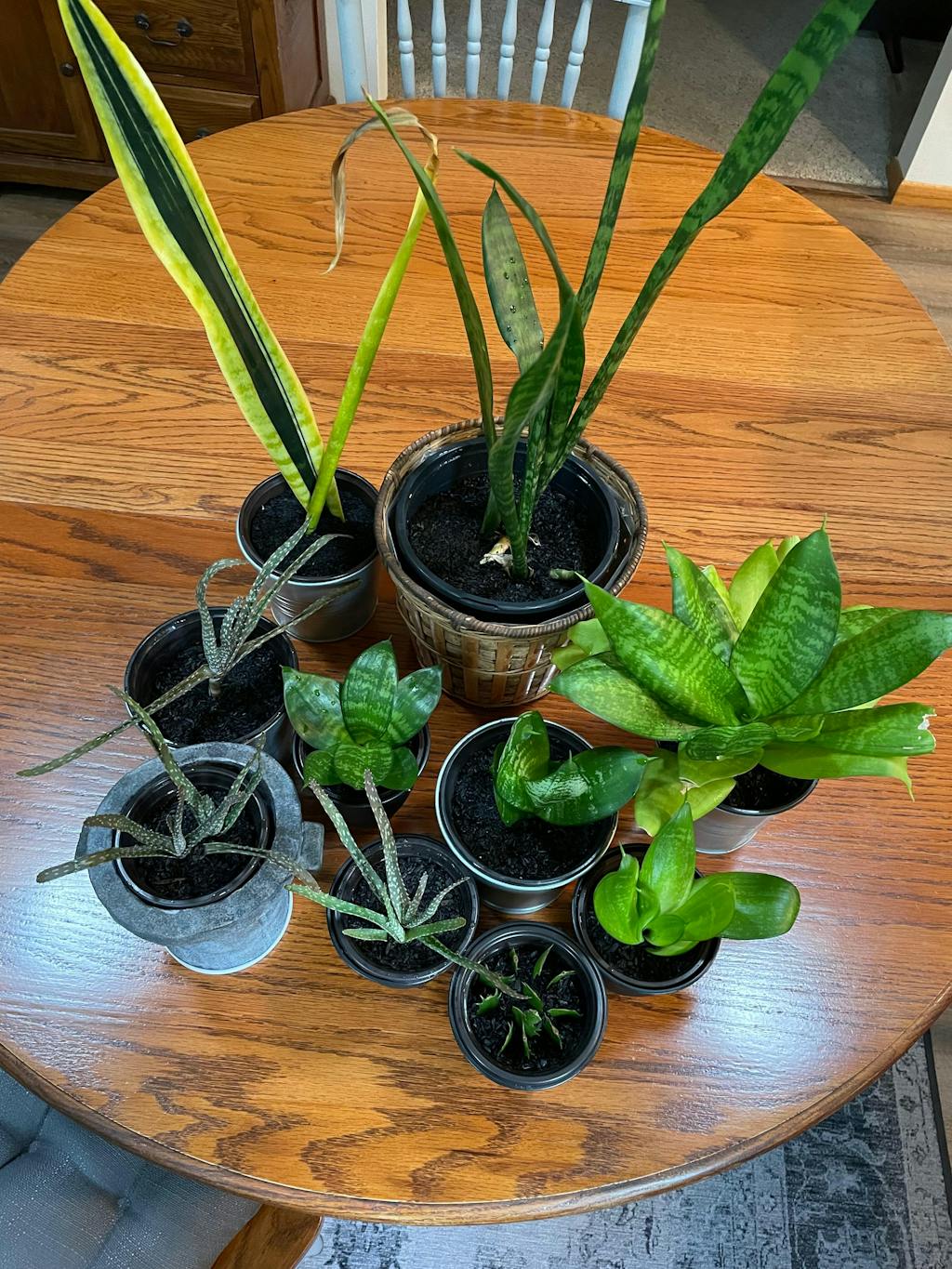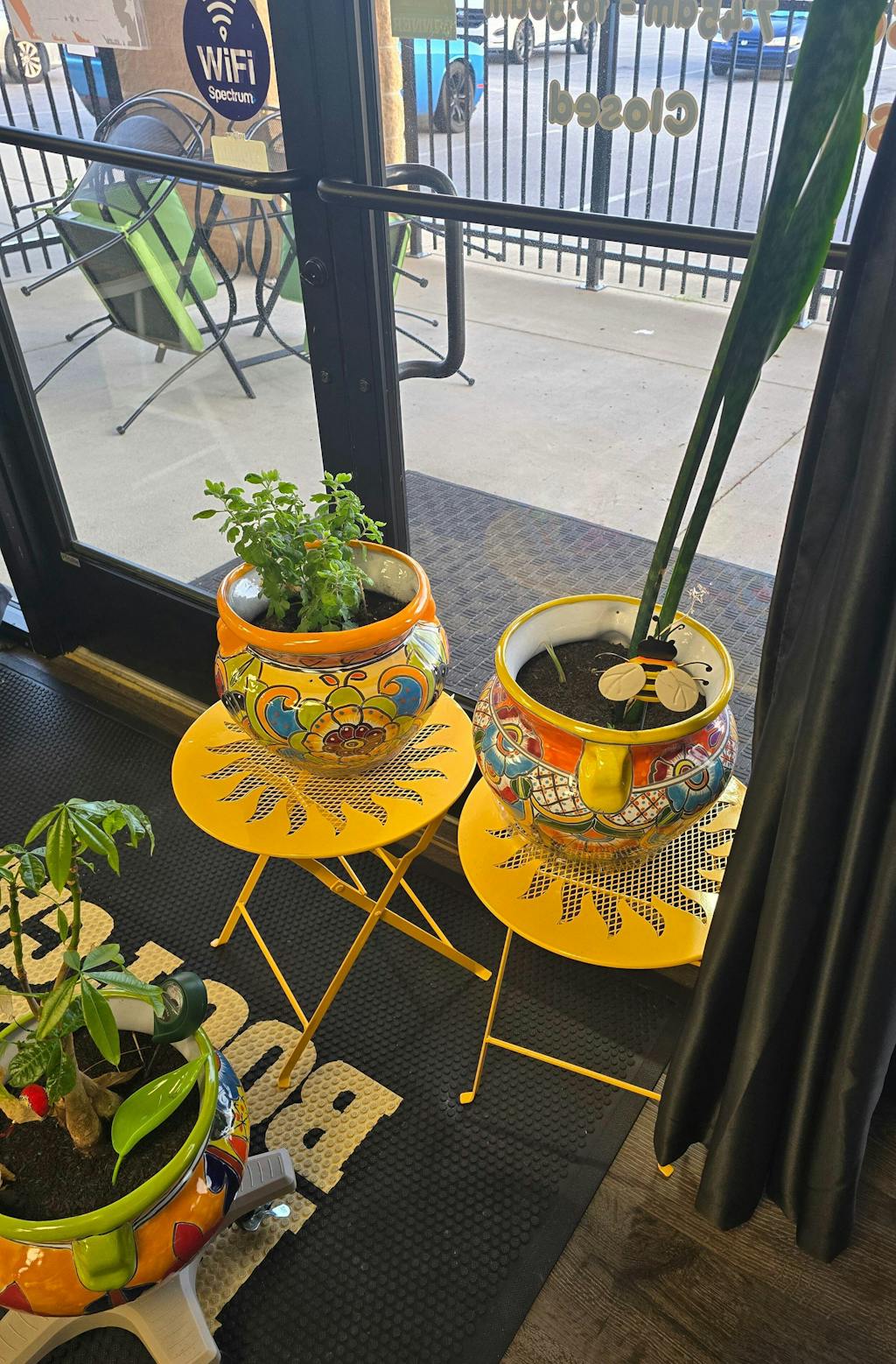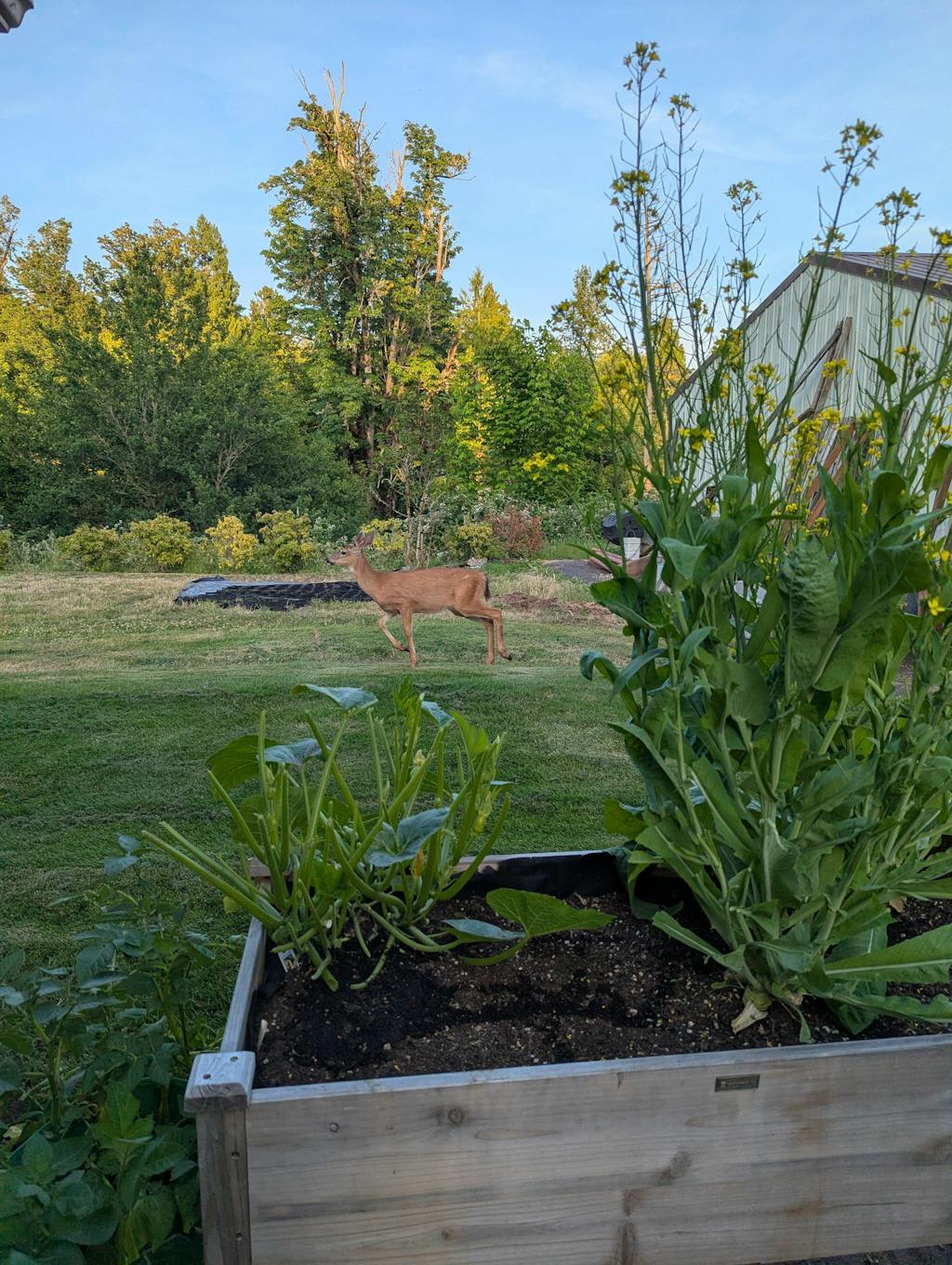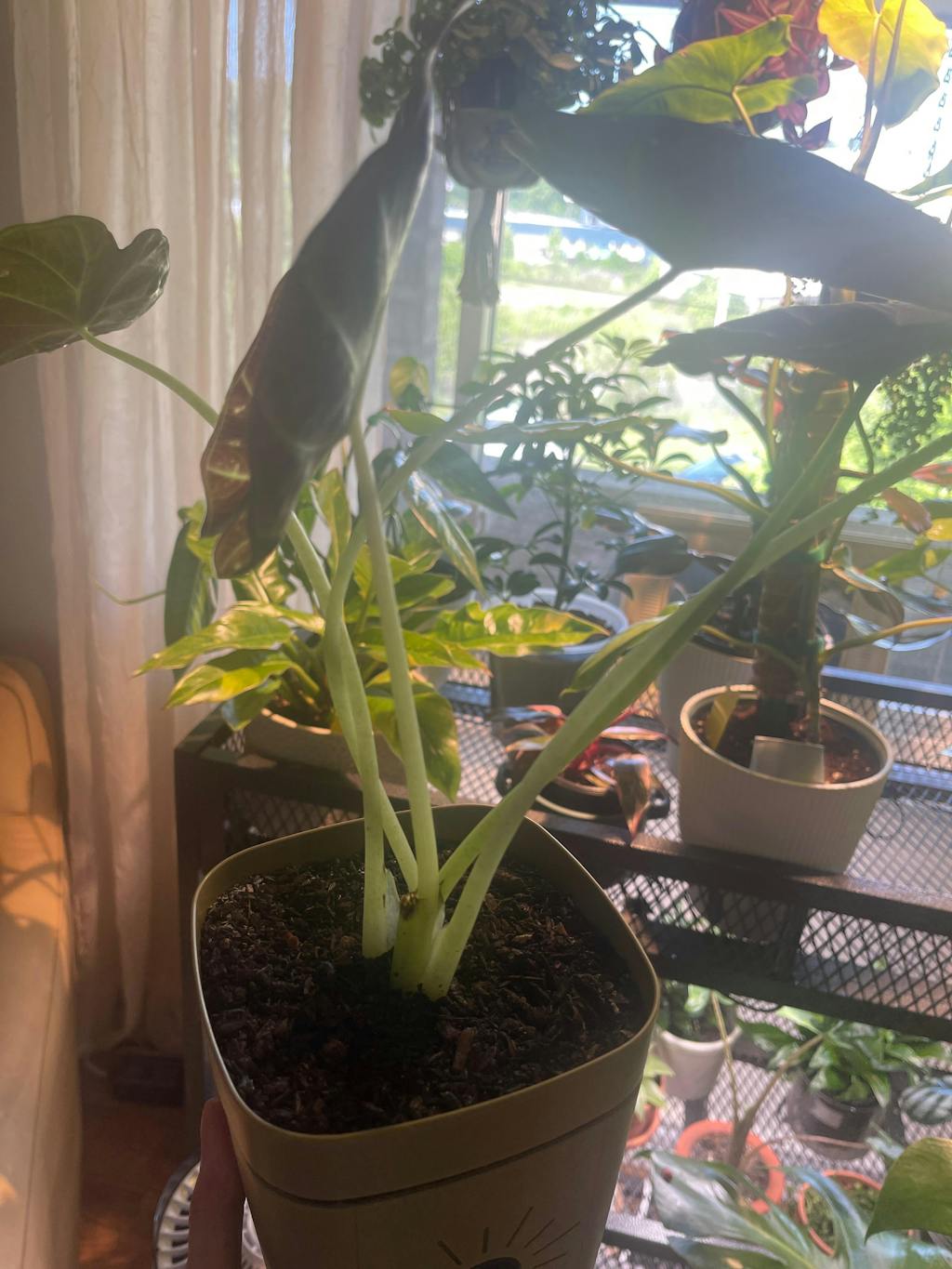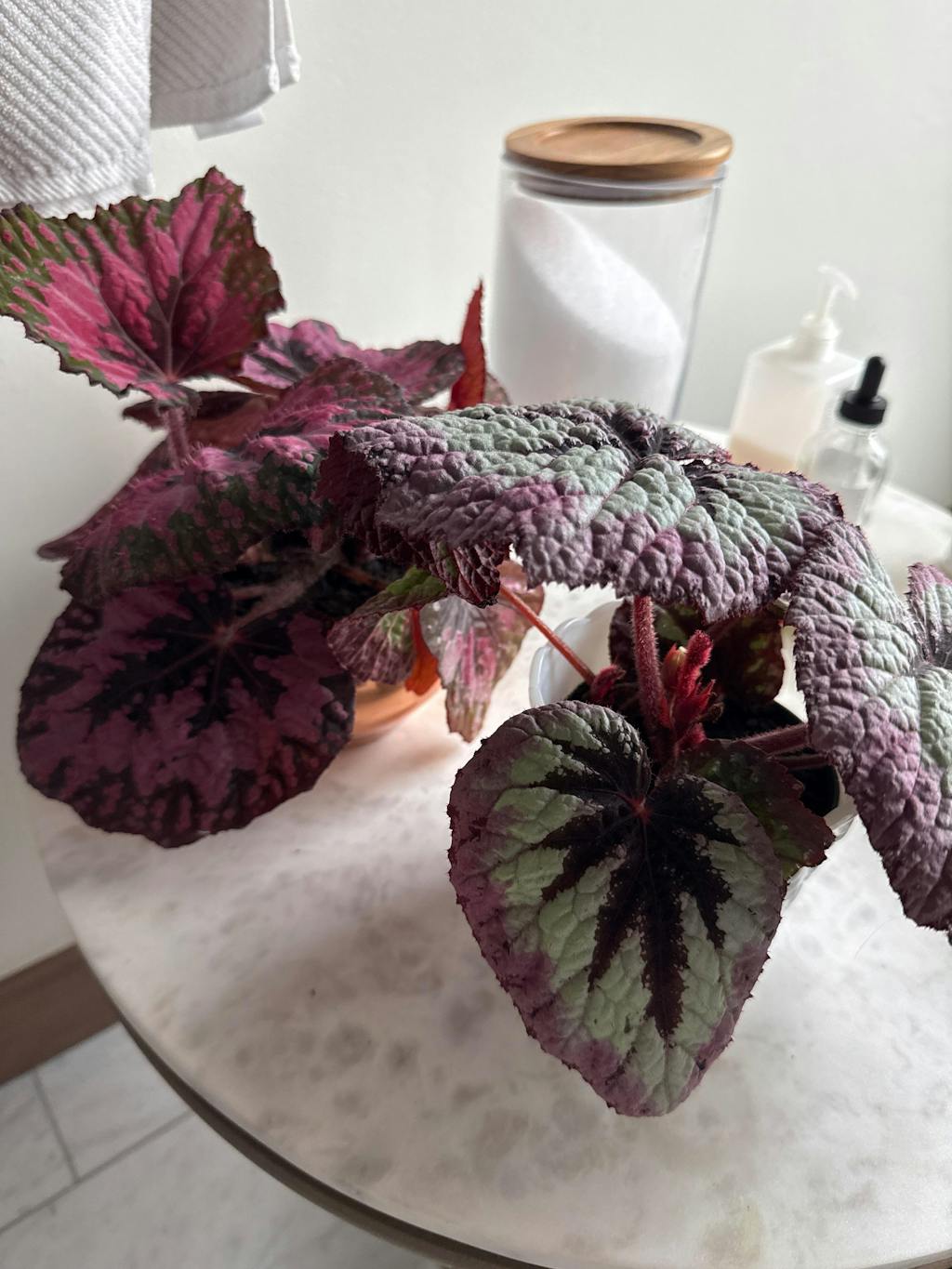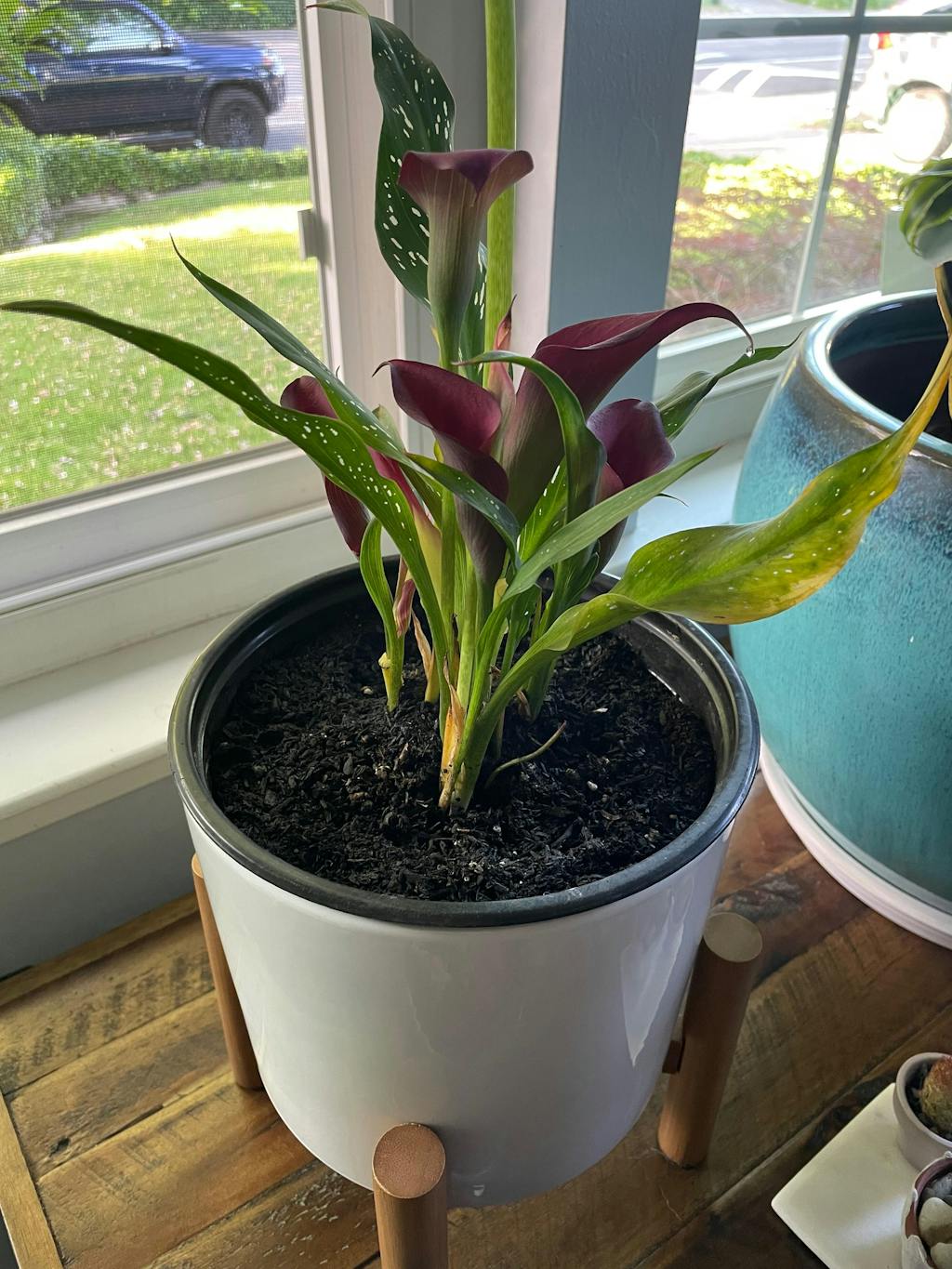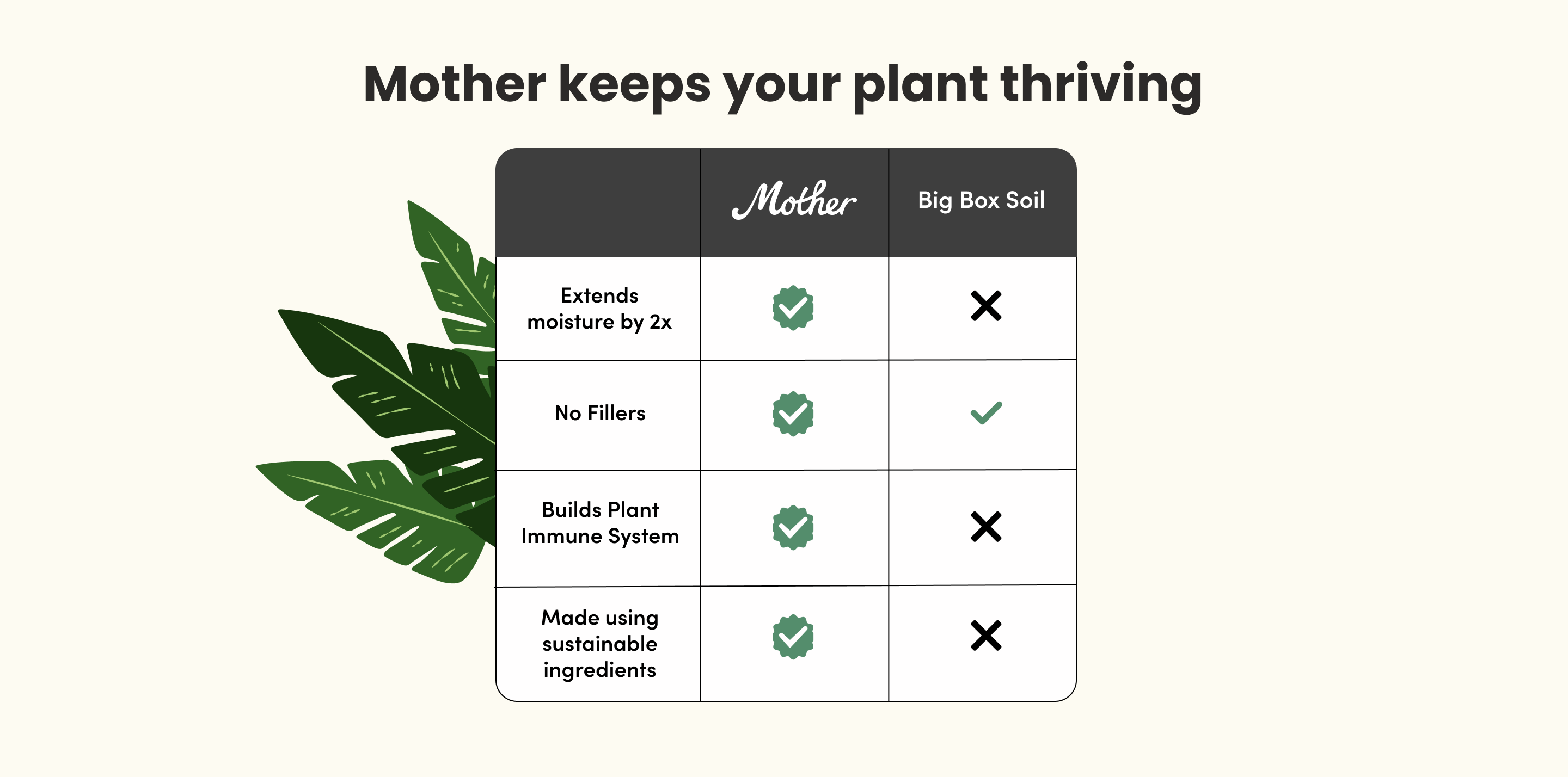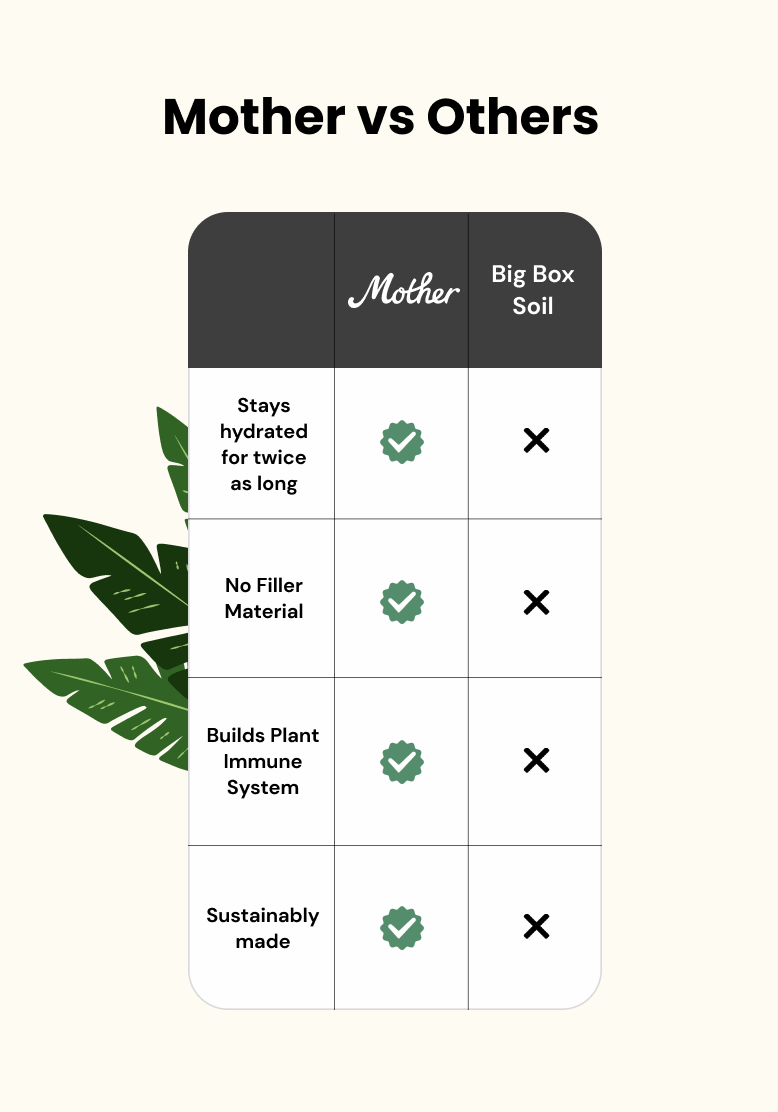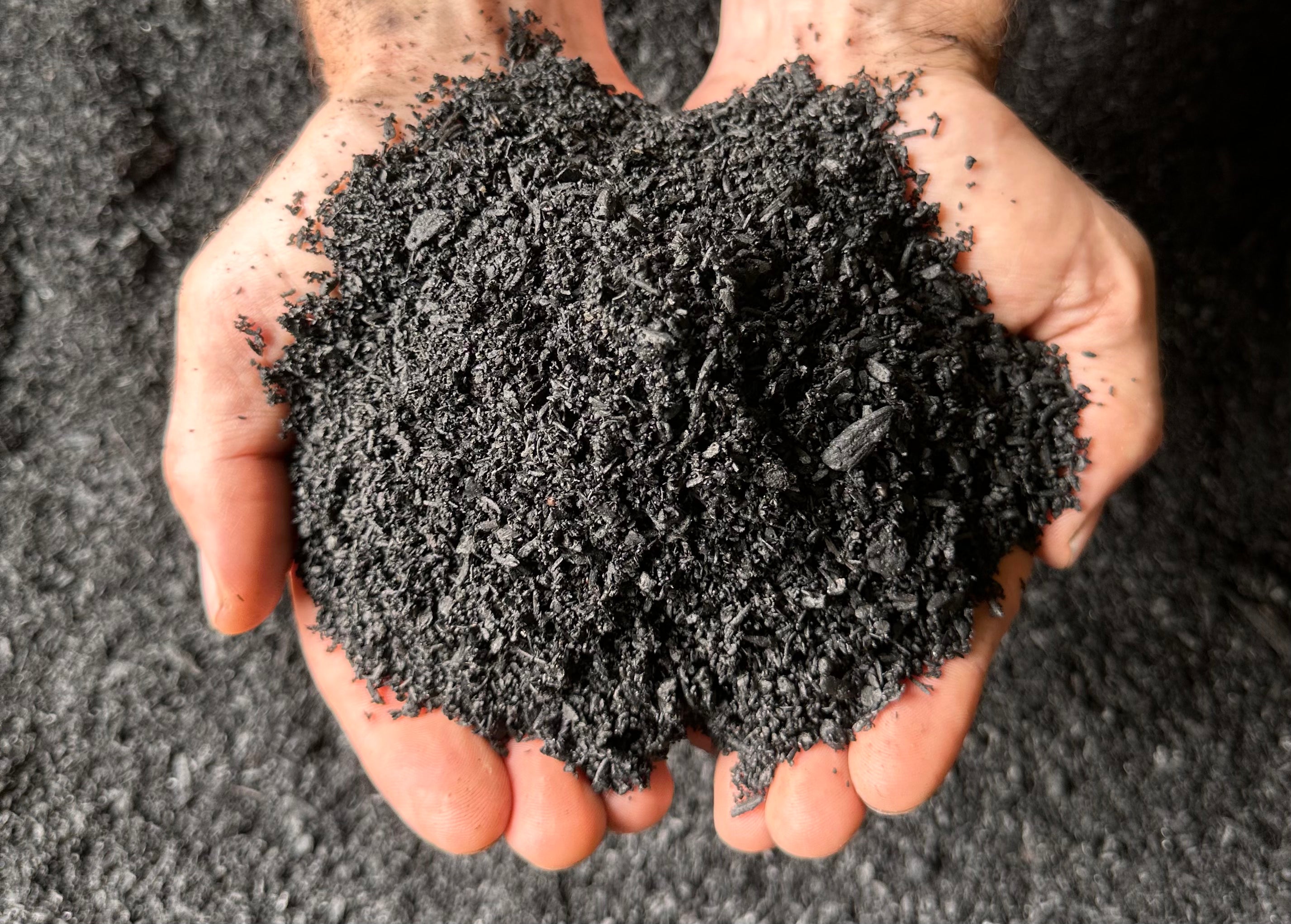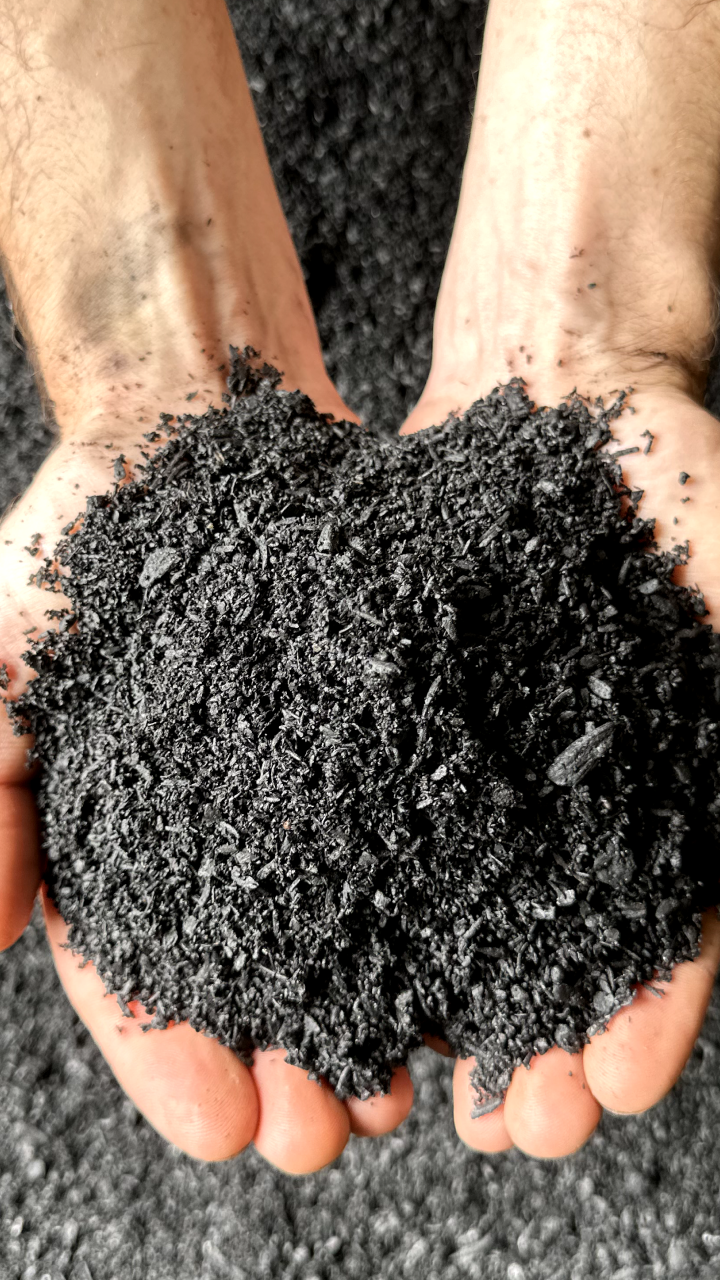Most Soils Work Against Your Plants - Here's Why
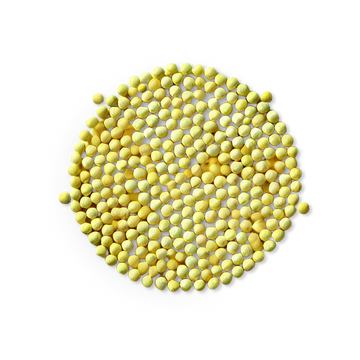
Synthetic Fertilizer
Delivers nutrients in an immediately available form, pushing plants to grow faster than they naturally would. This can lead to stretched, leggy growth with weaker cell walls, making plants more prone to pests and disease.
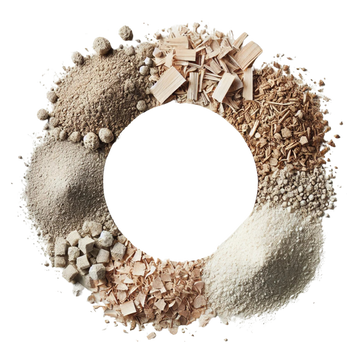
Filler Materials
Coco coir and sawdust provide structure but lack nutrients and microbes, making plants dependent on fertilizers.
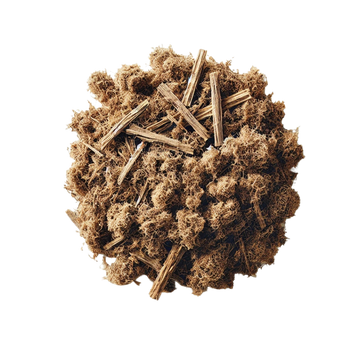
Peat Moss
Prized for moisture retention but dries out quickly and becomes hydrophobic, making rehydration difficult and leading to uneven watering. It also compacts over time, reducing aeration and suffocating roots, especially in container plants.
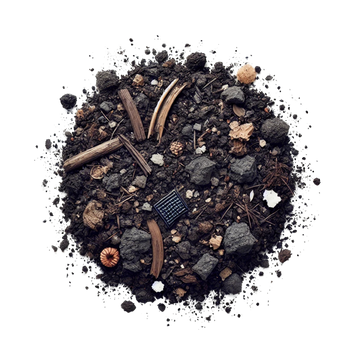
Low Quality Compost
Often contains incomplete decomposition, excessive fillers, or weed seeds, leading to poor nutrient availability and inconsistent results. It can also become anaerobic, causing bad odors, root rot, and harmful pathogens instead of supporting healthy plant growth.
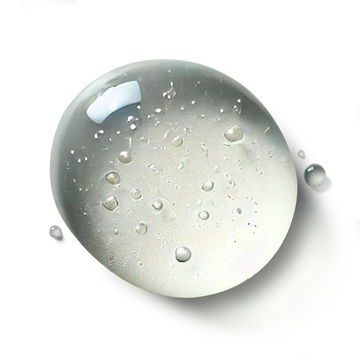
Chemical Wetting Agents
Force water absorption but degrade soil structure over time, leading to dependency and reduced natural water retention. They can also disrupt microbial life, weakening the soil’s ability to sustain healthy plant growth.
Grow healthy plants using the power of probiotics
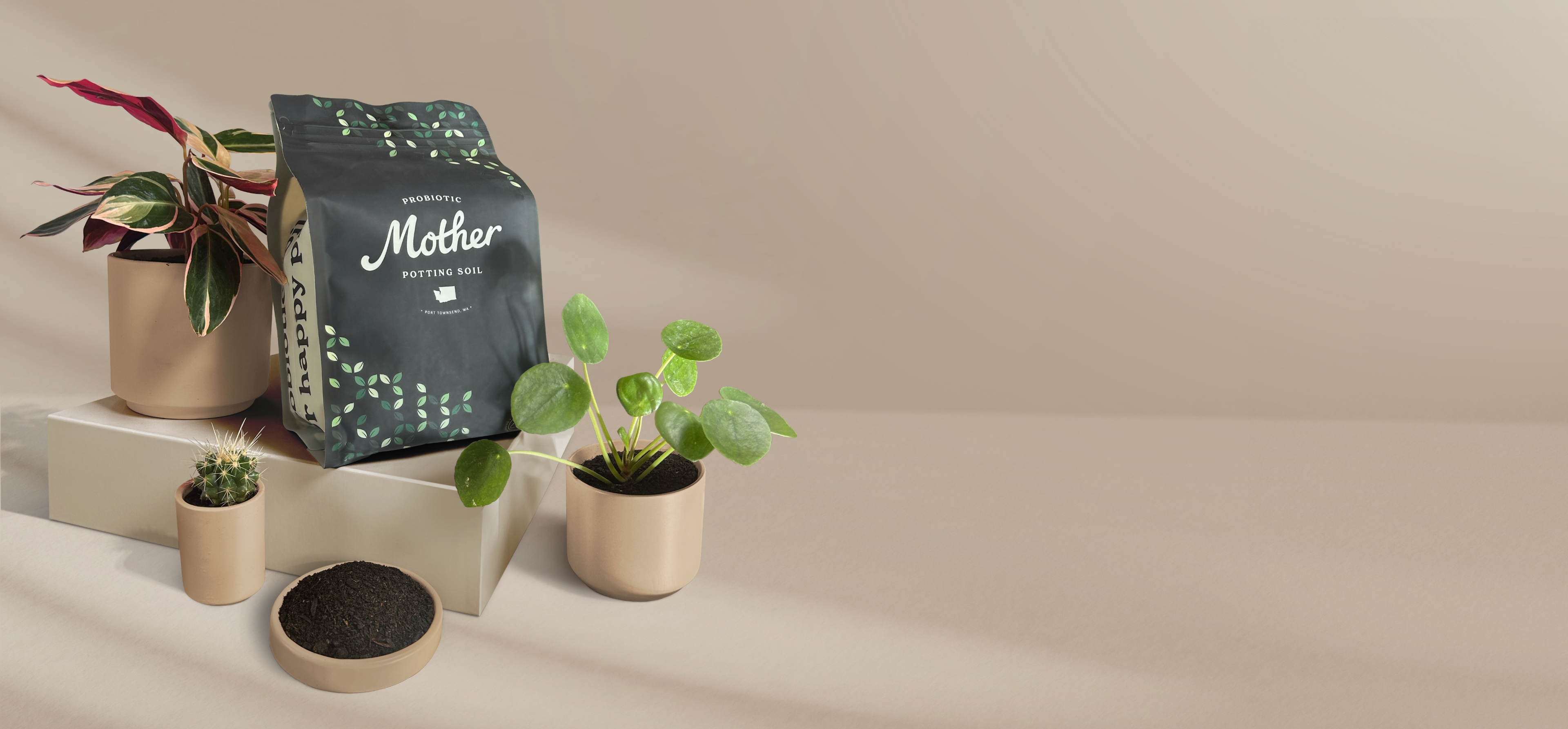
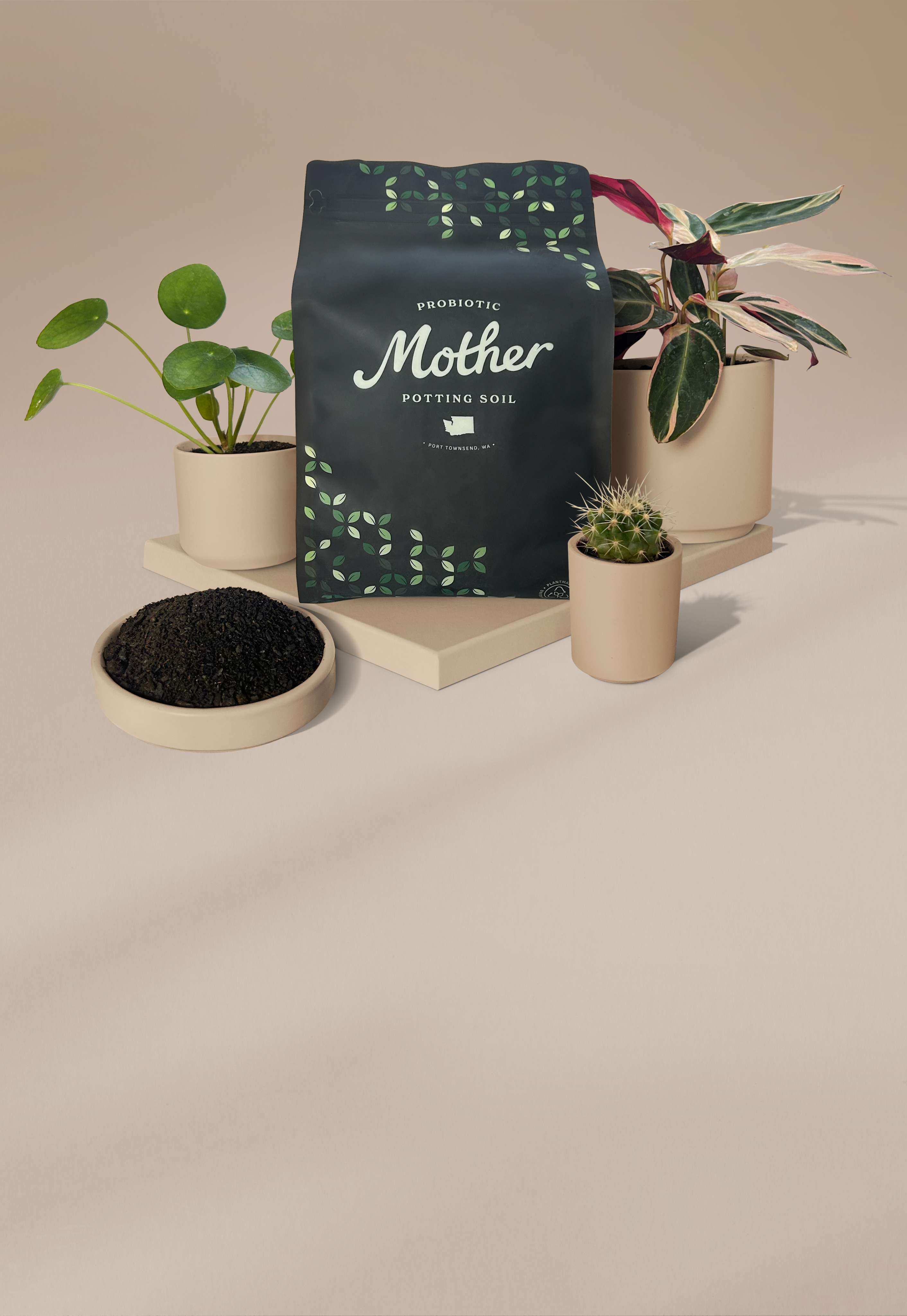
Nature’s Key to Thriving Plants
Think of microbes as tiny gardeners working under the soil. They prepare nutrients, protect roots, and ensure your plant has everything it needs to grow strong and healthy.

Bacteria
The soil chefs - breaking down organic matter into nutrients plants can absorb

Fungi
The personal assistant - helping roots find water and nutrients in hard-to-reach places.
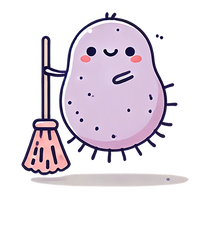
Protozoa
The cleaners—keeping bad microbes in check while recycling nutrients.

Nematode
The recyclers—breaking down leftovers to keep the soil fresh.
RESCUE AND GROW HEALTHY HOUSEPLANTS


